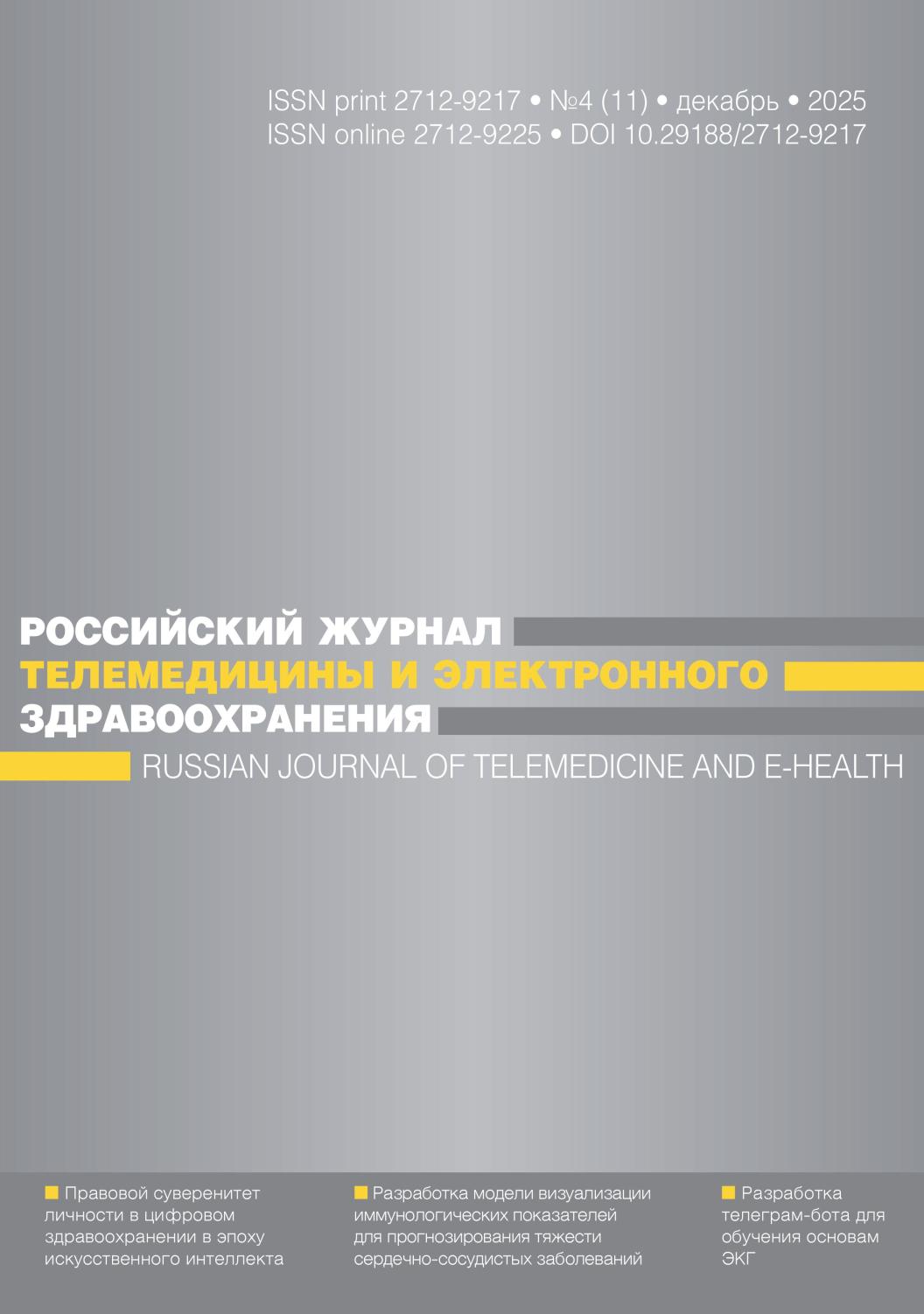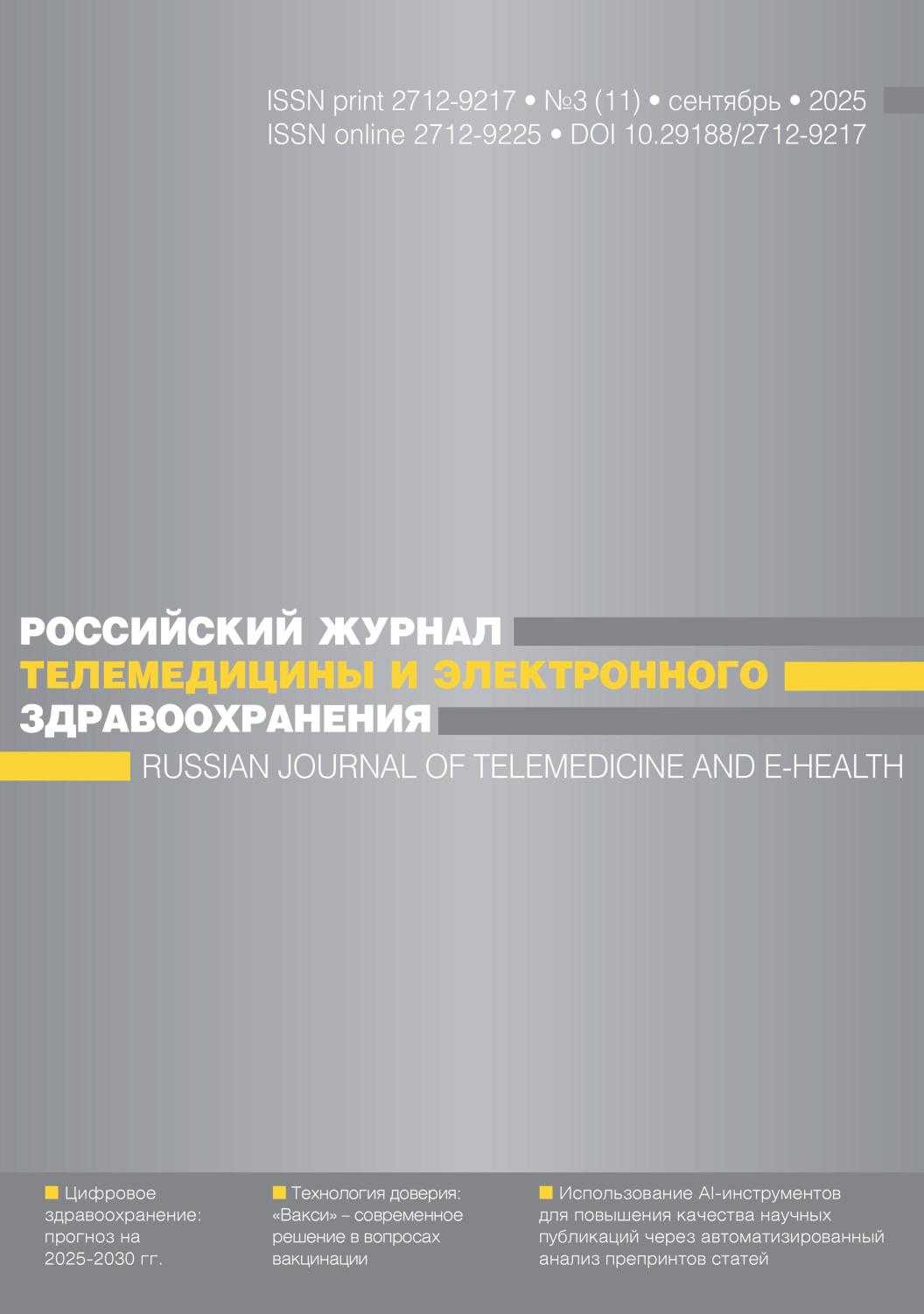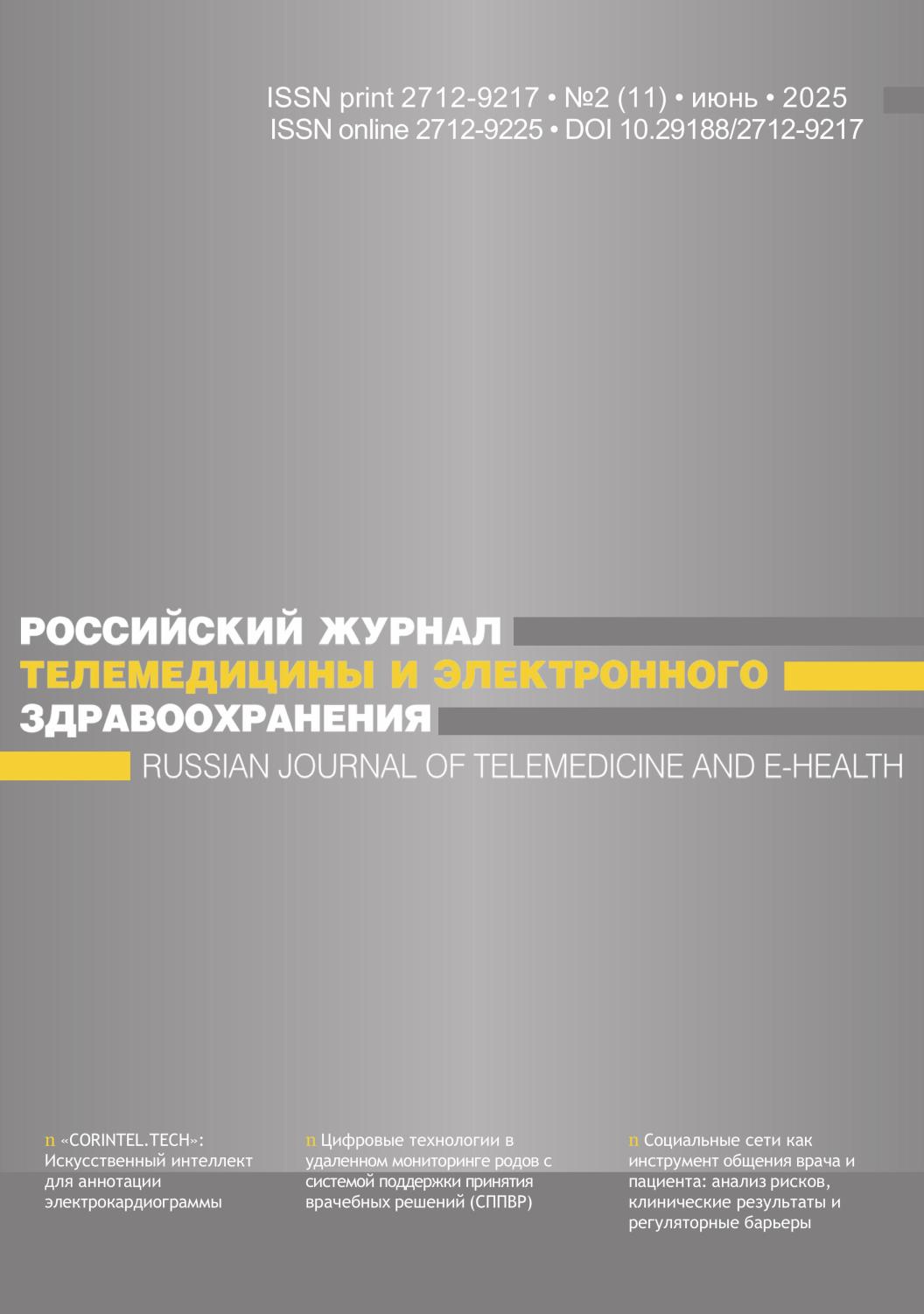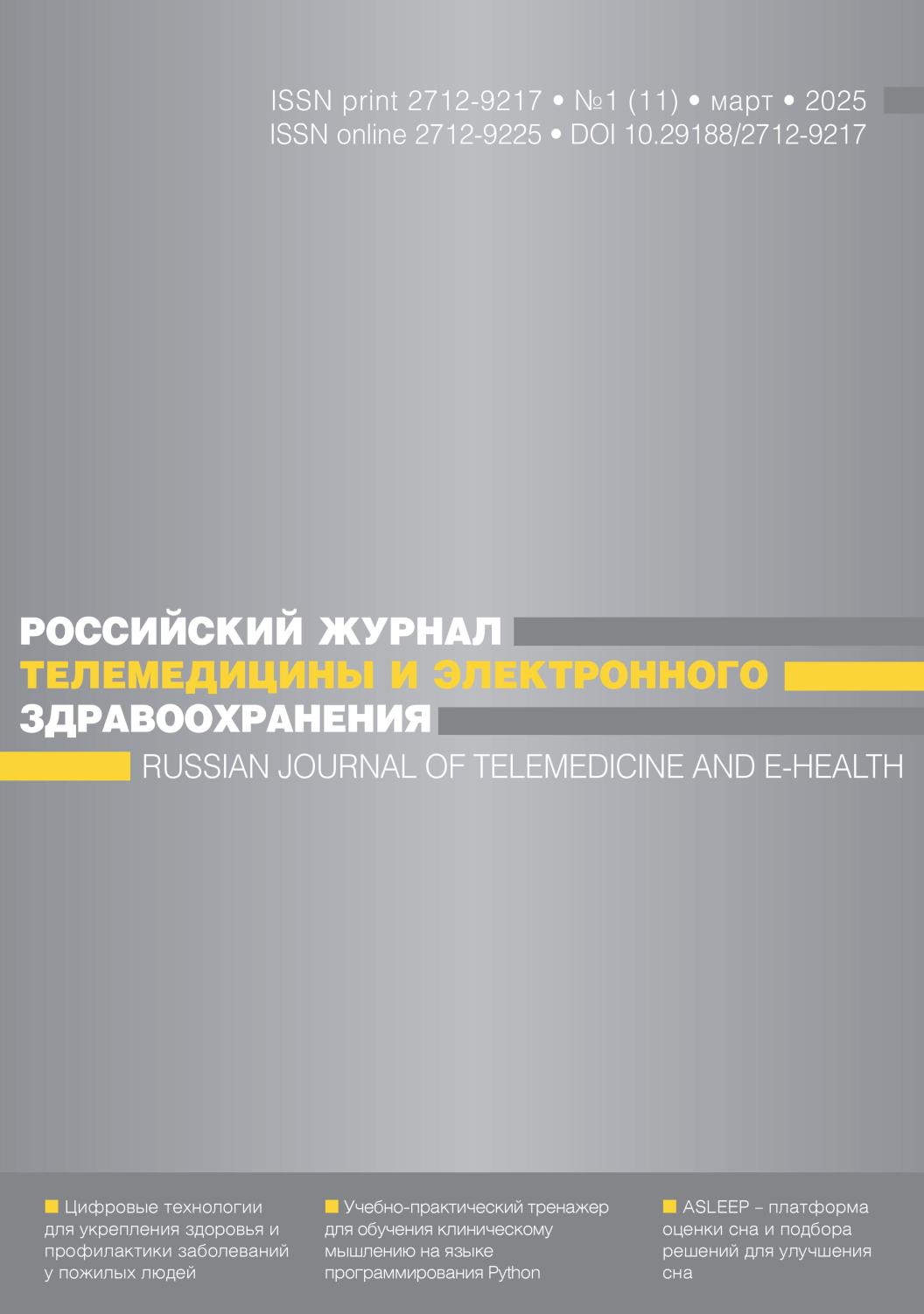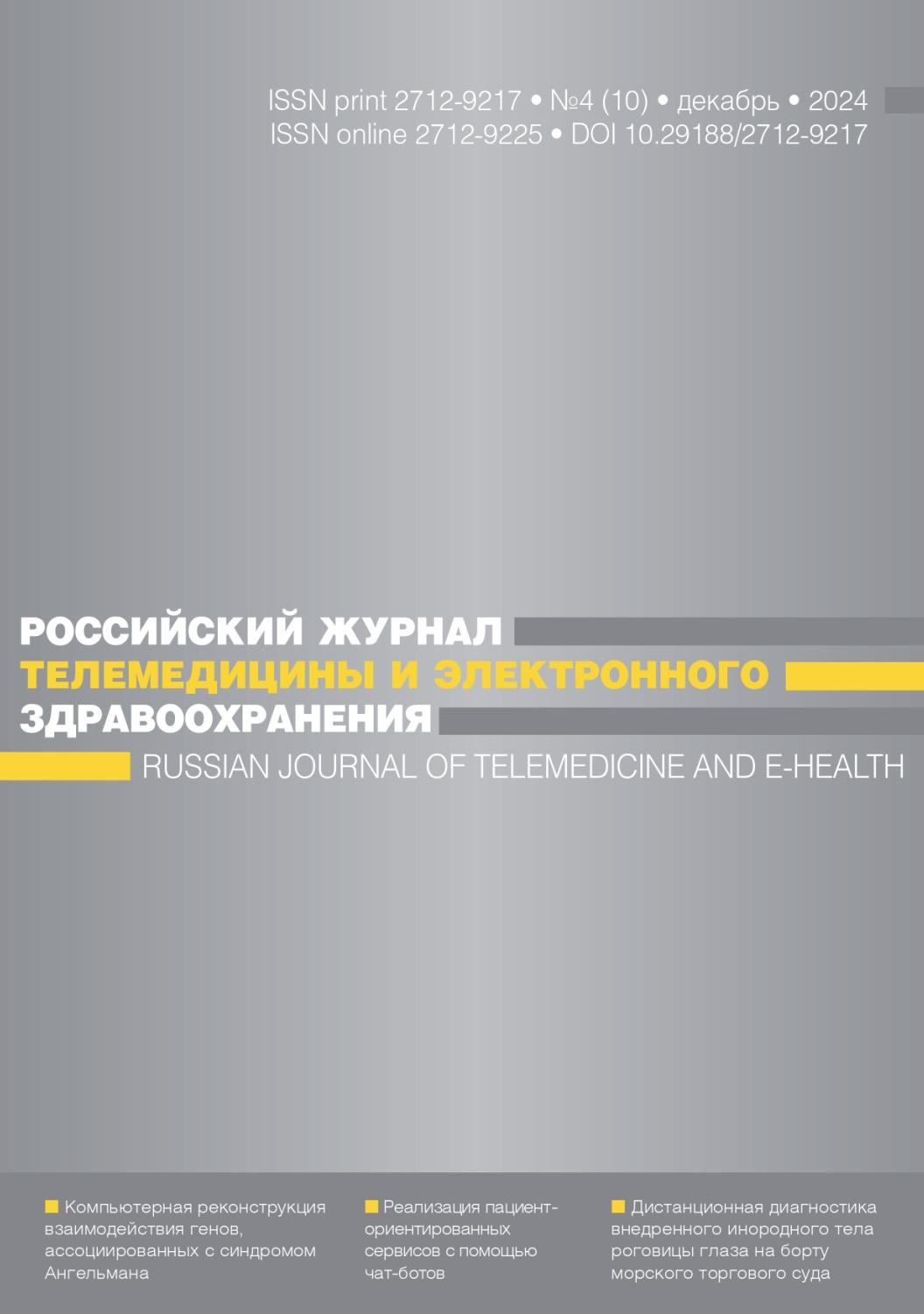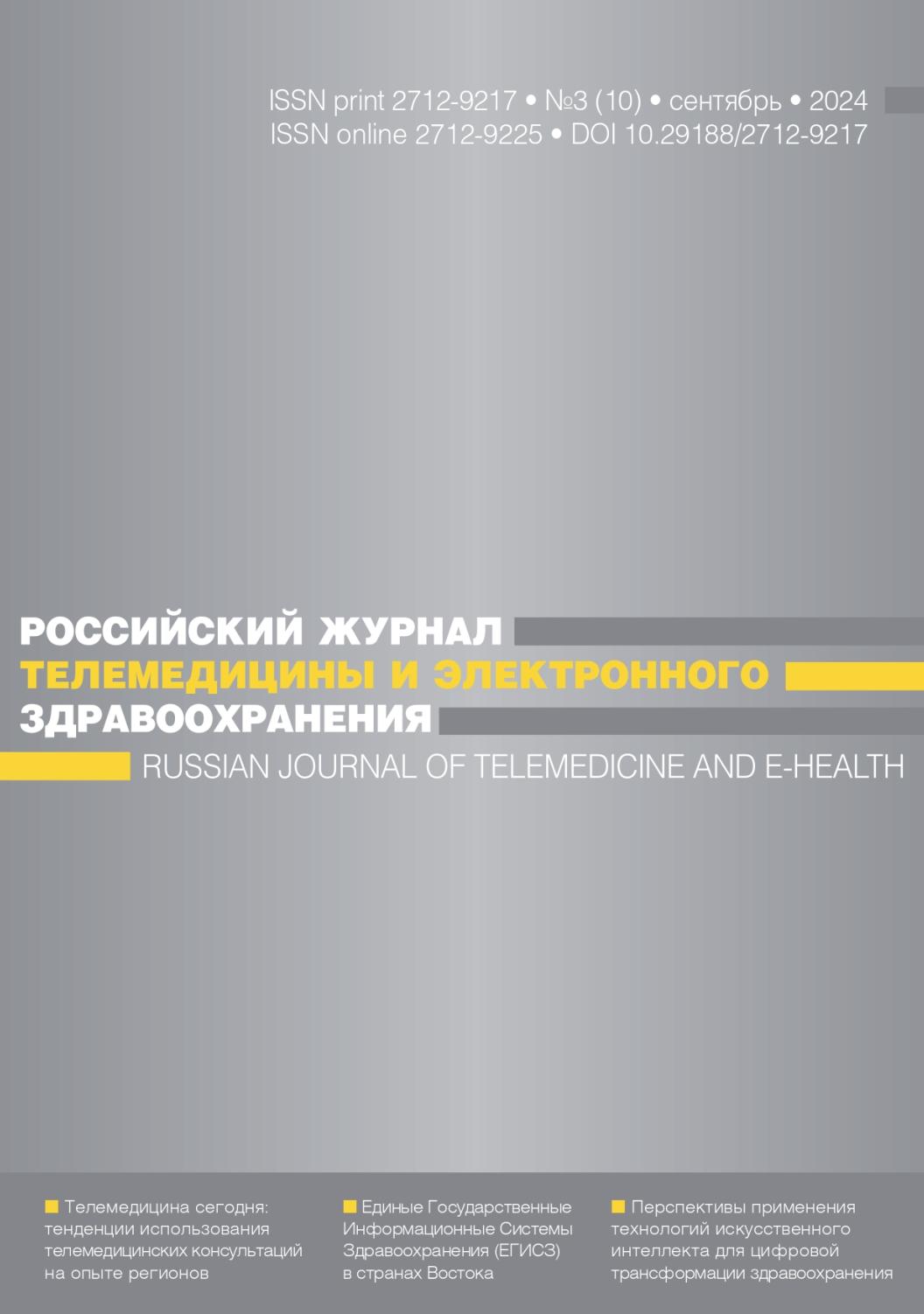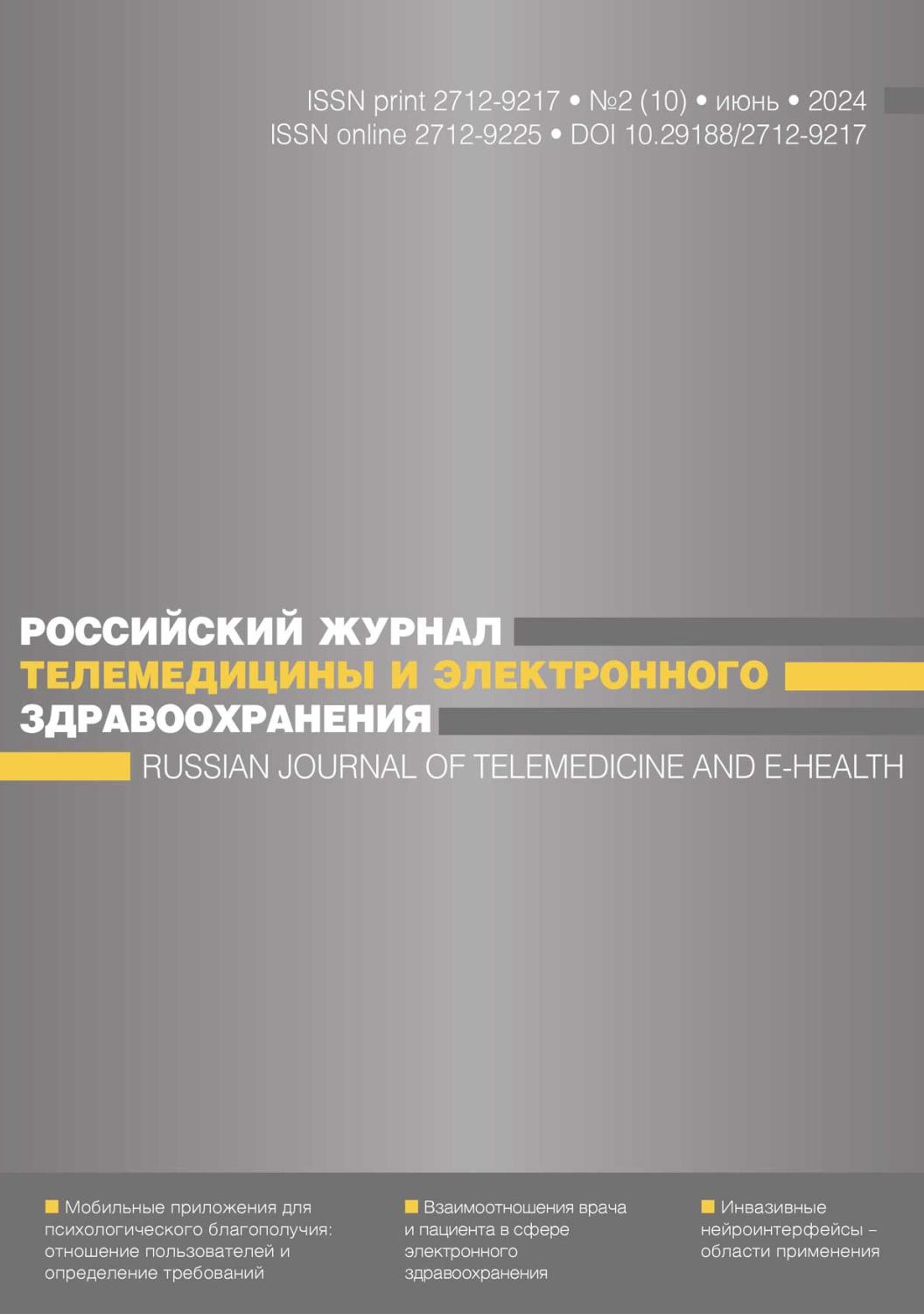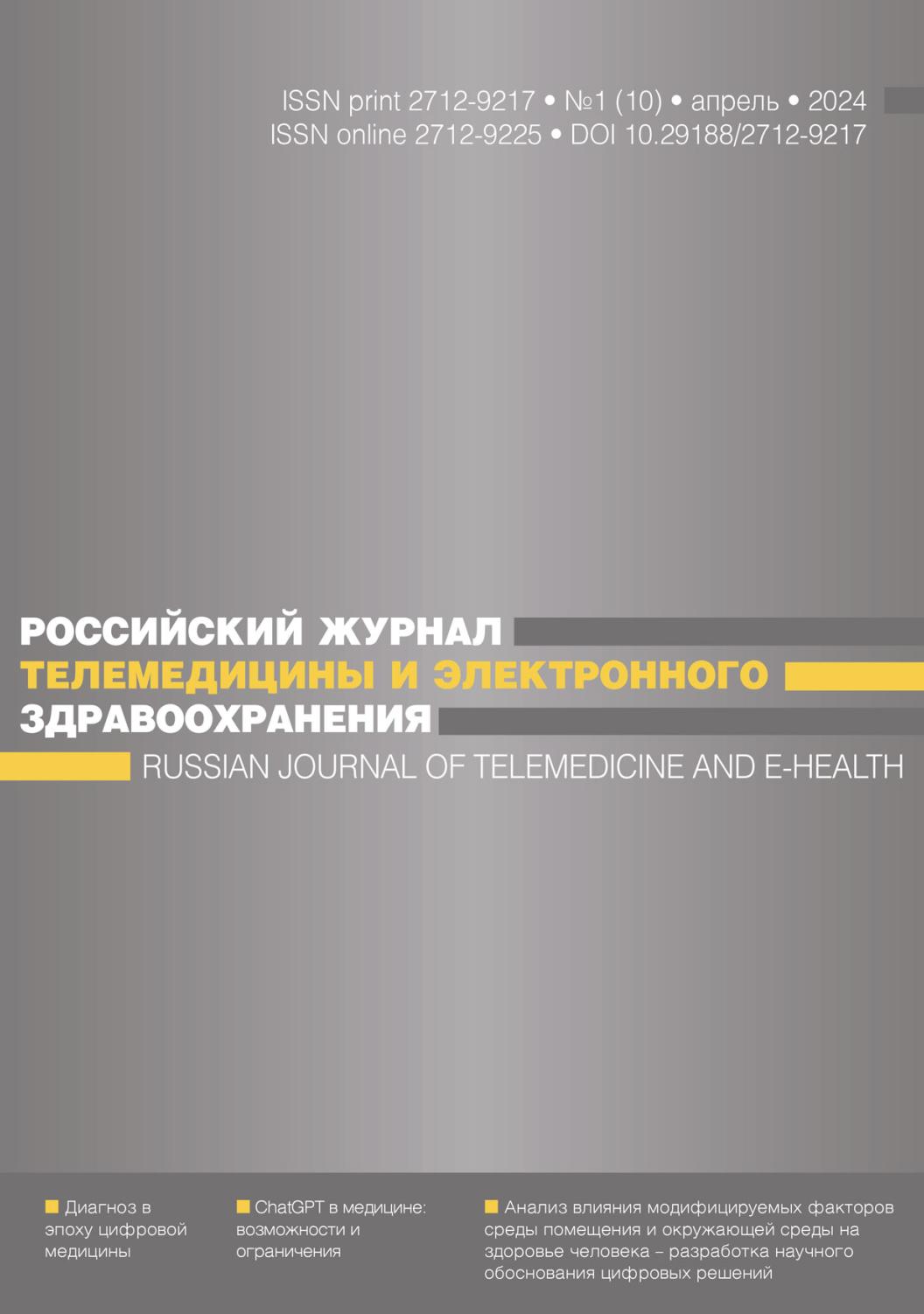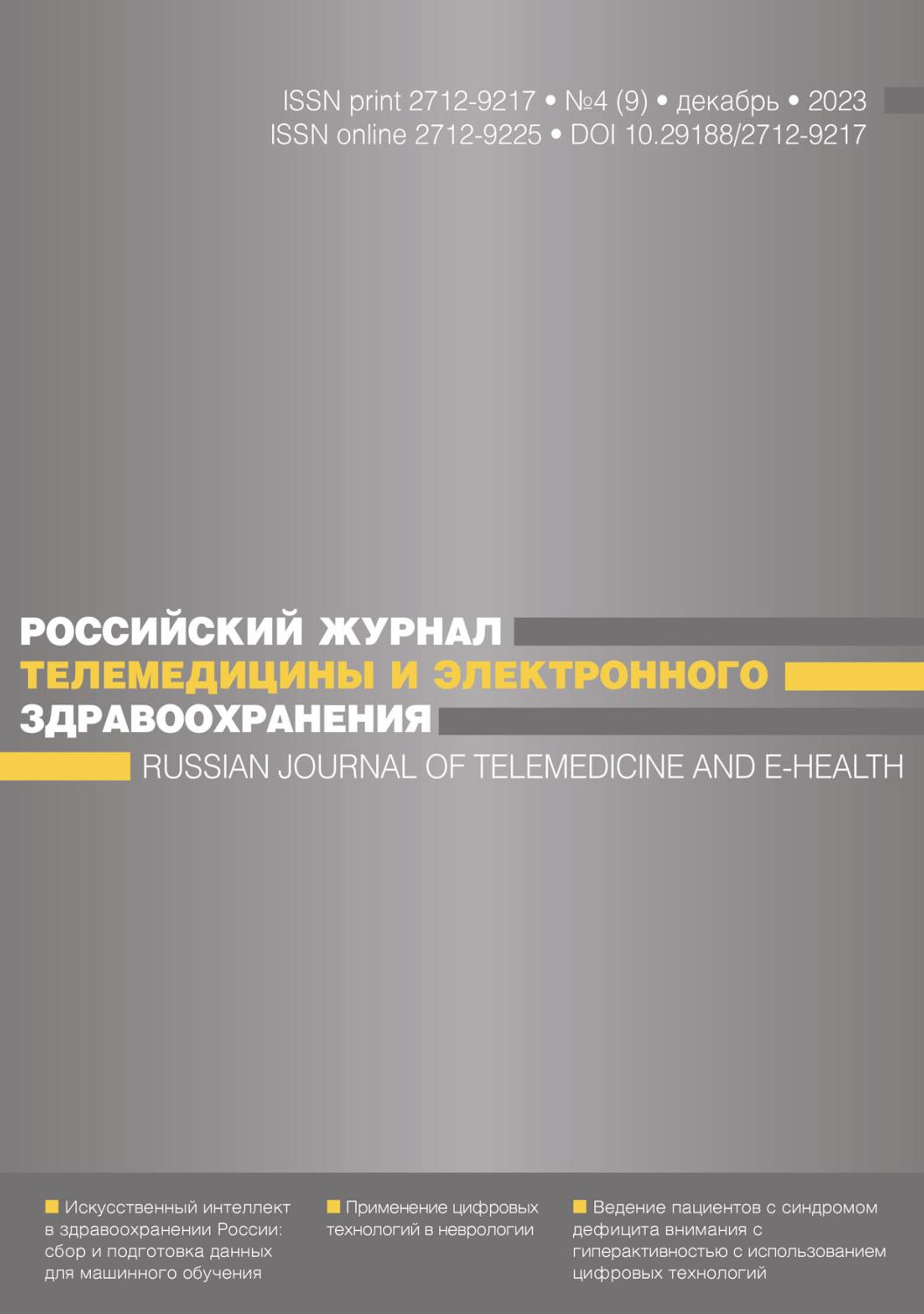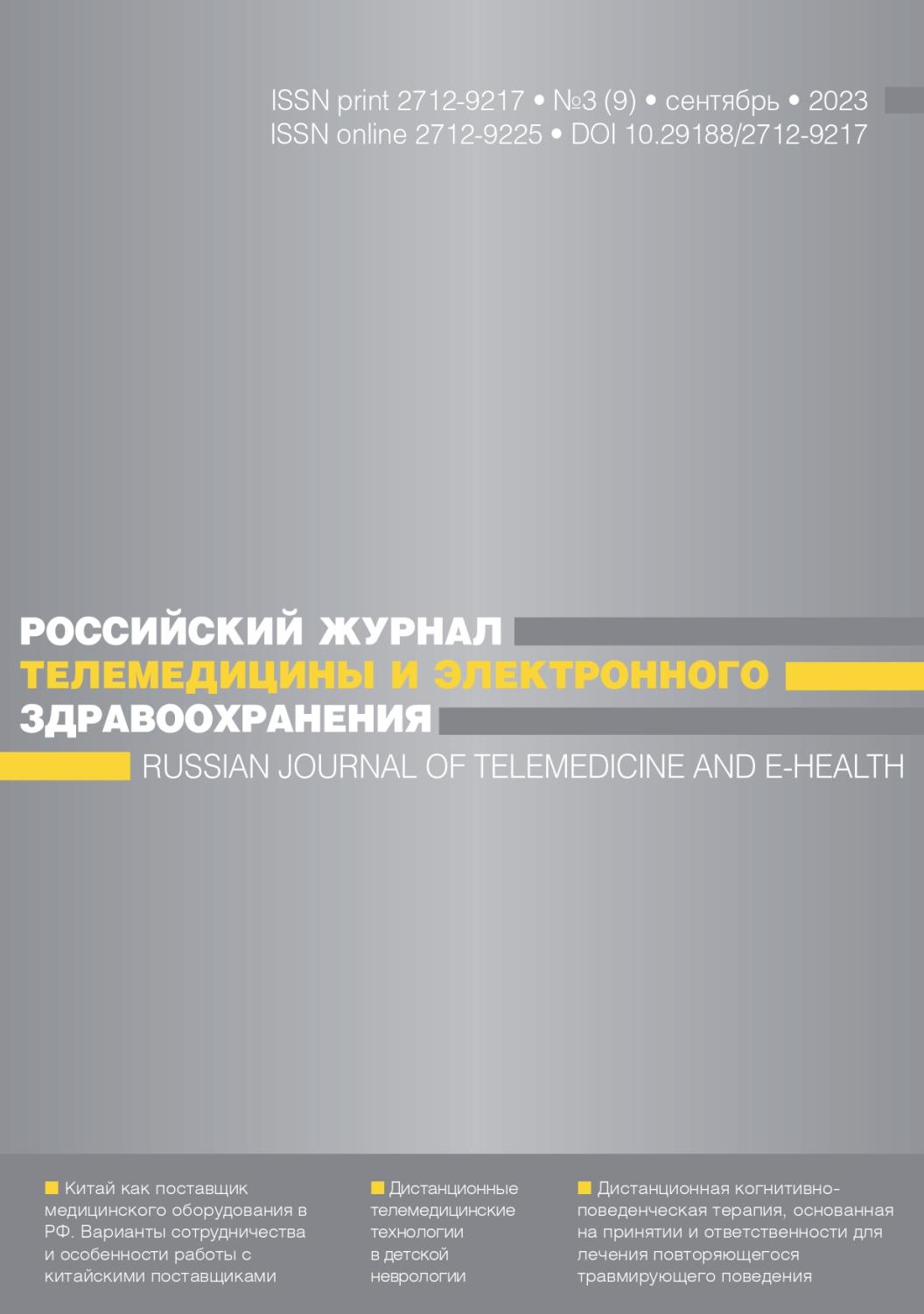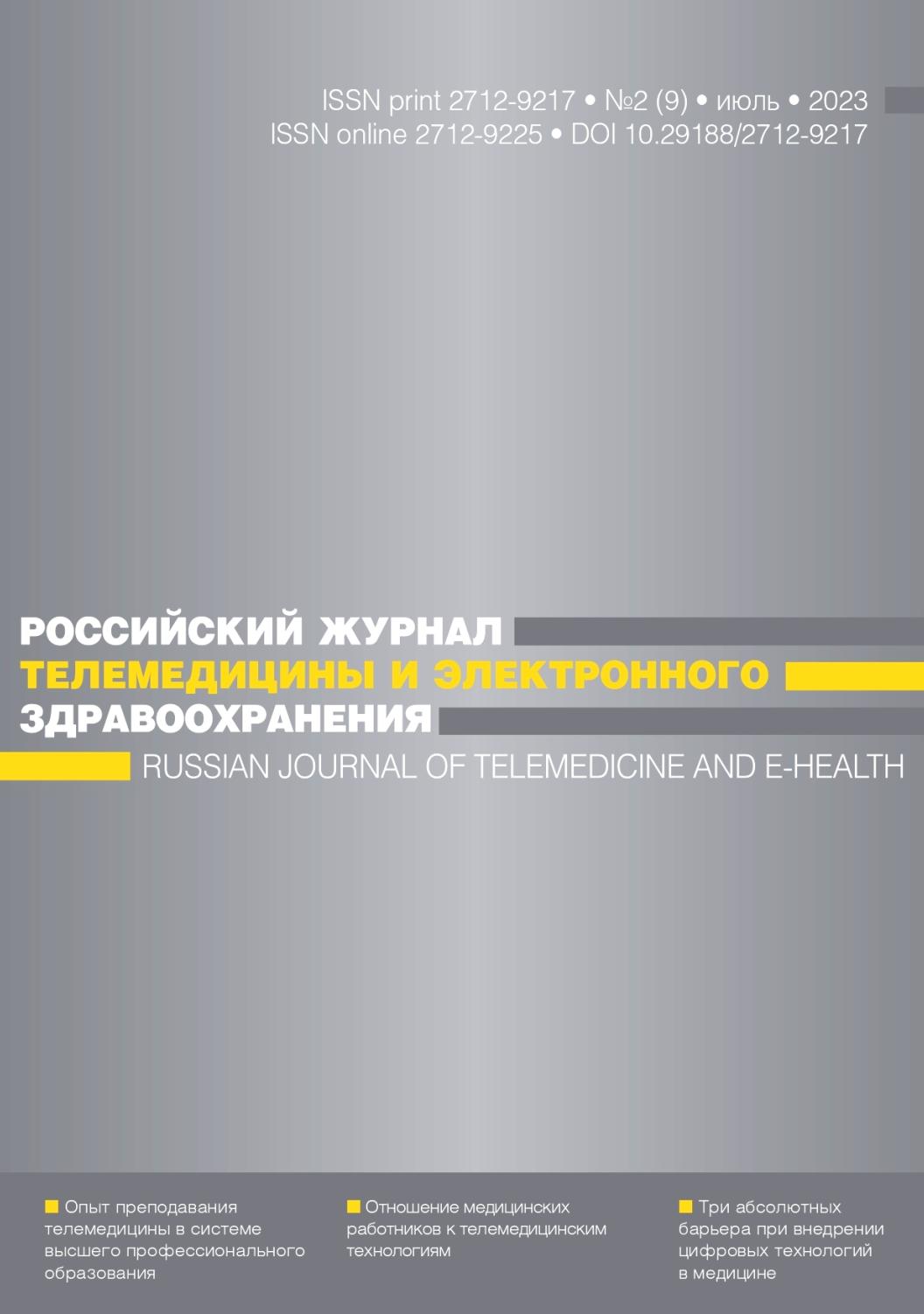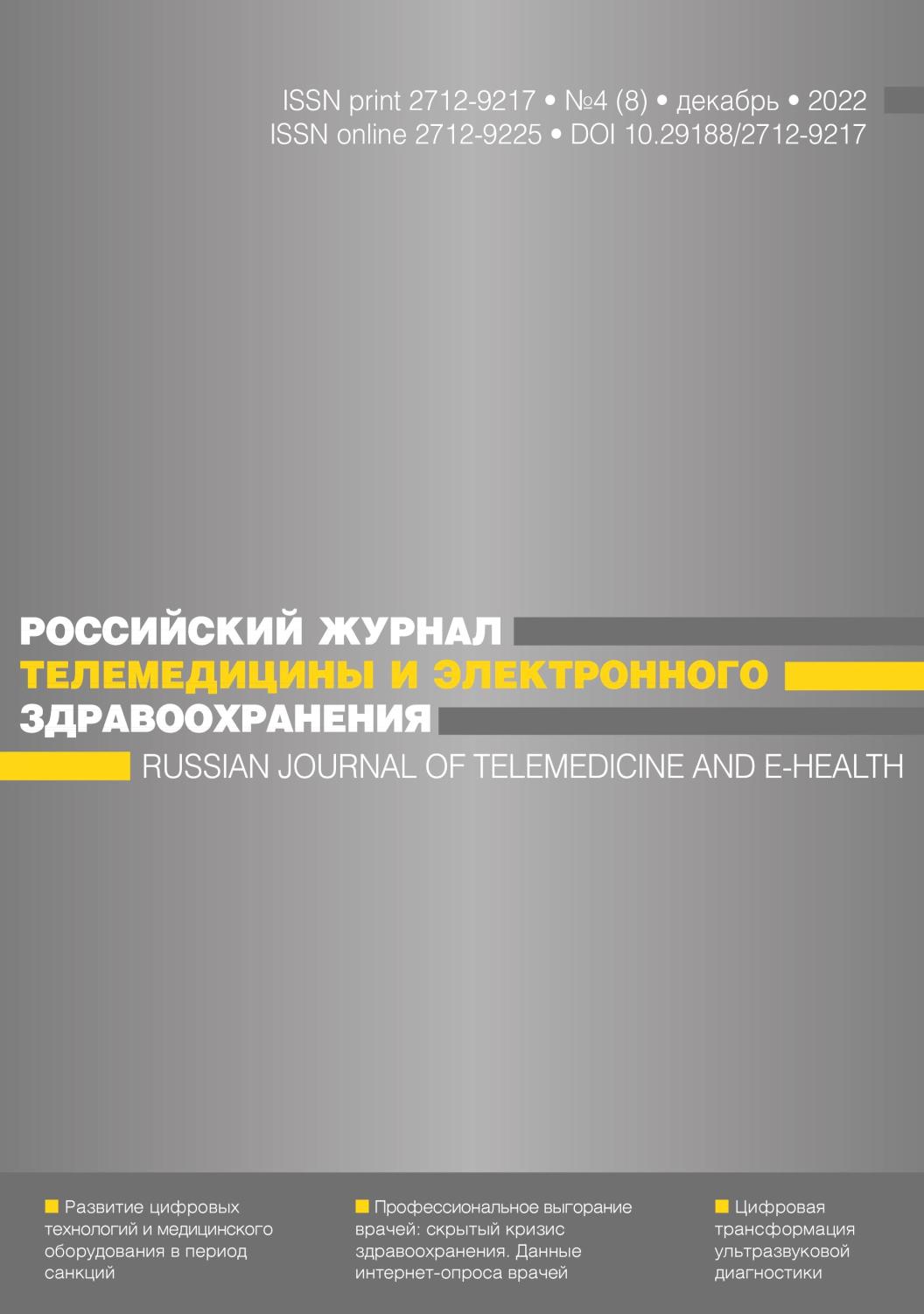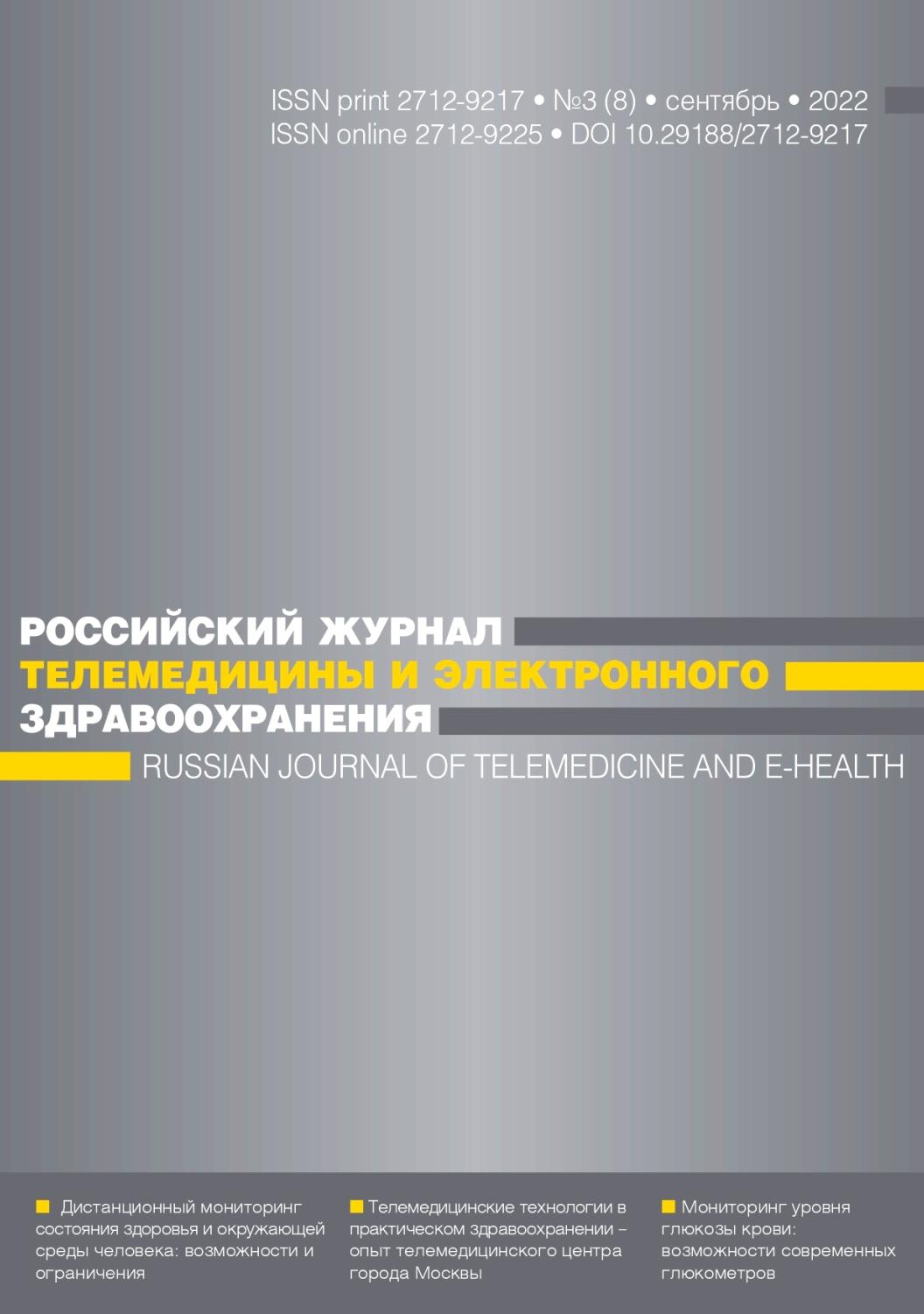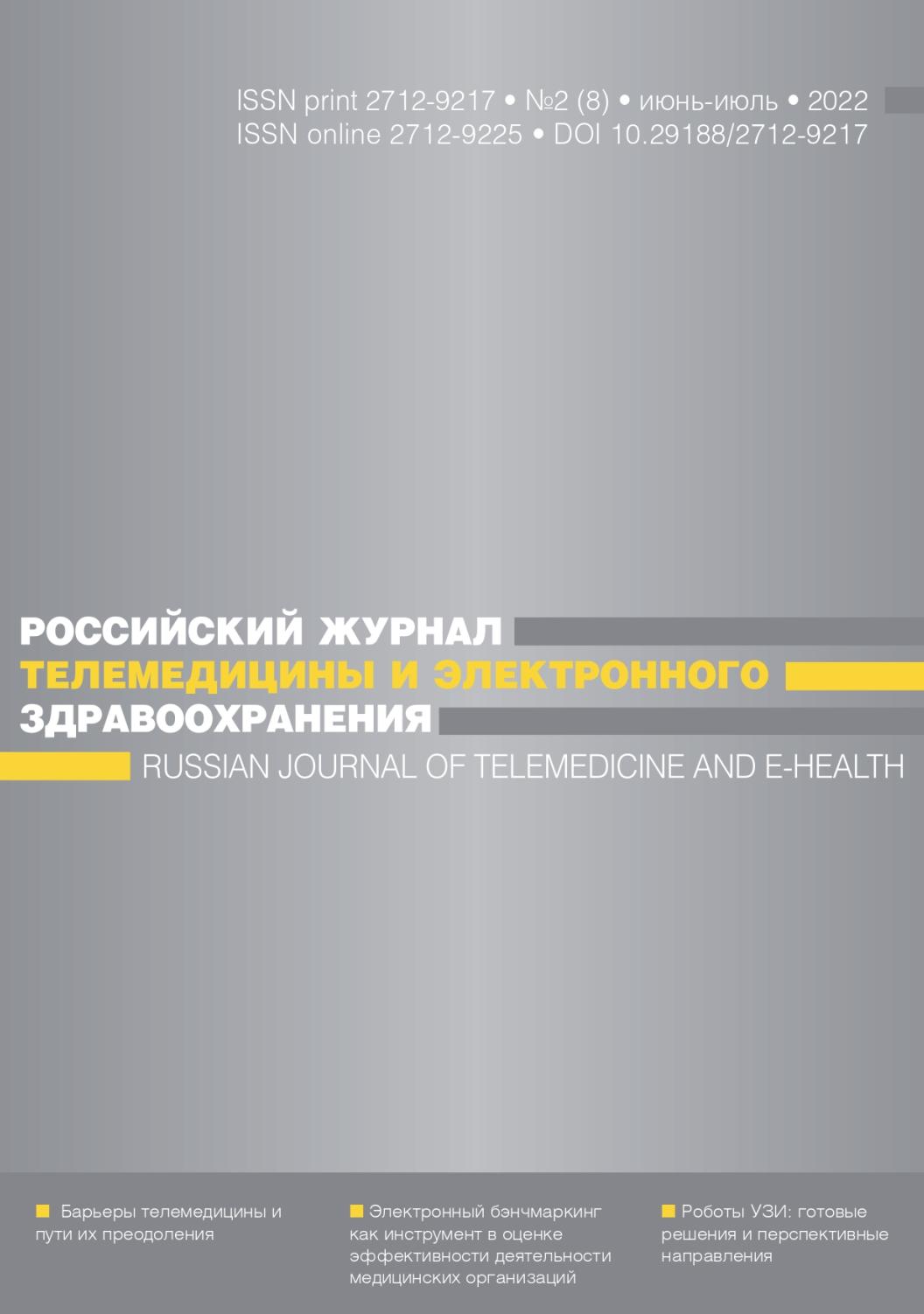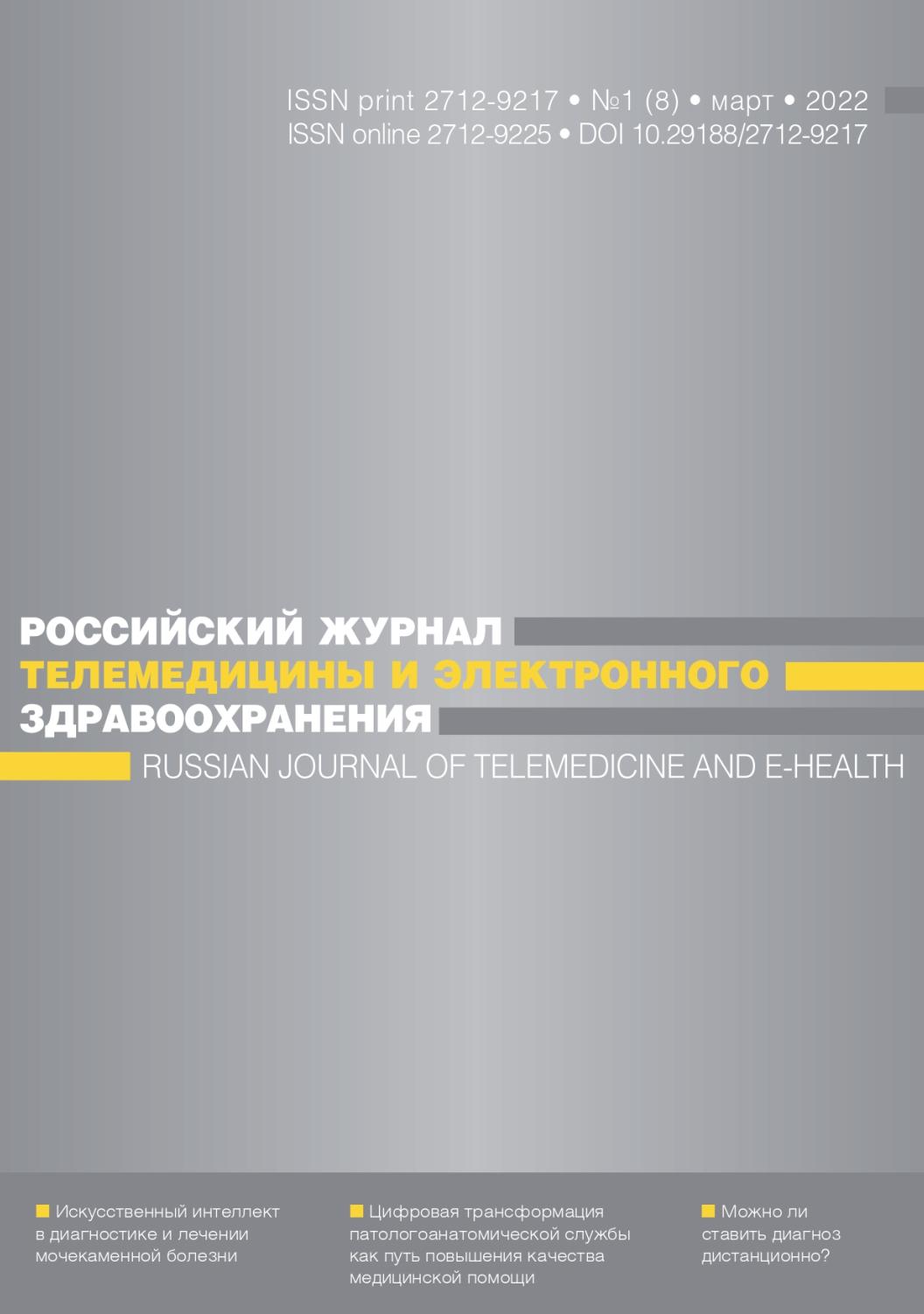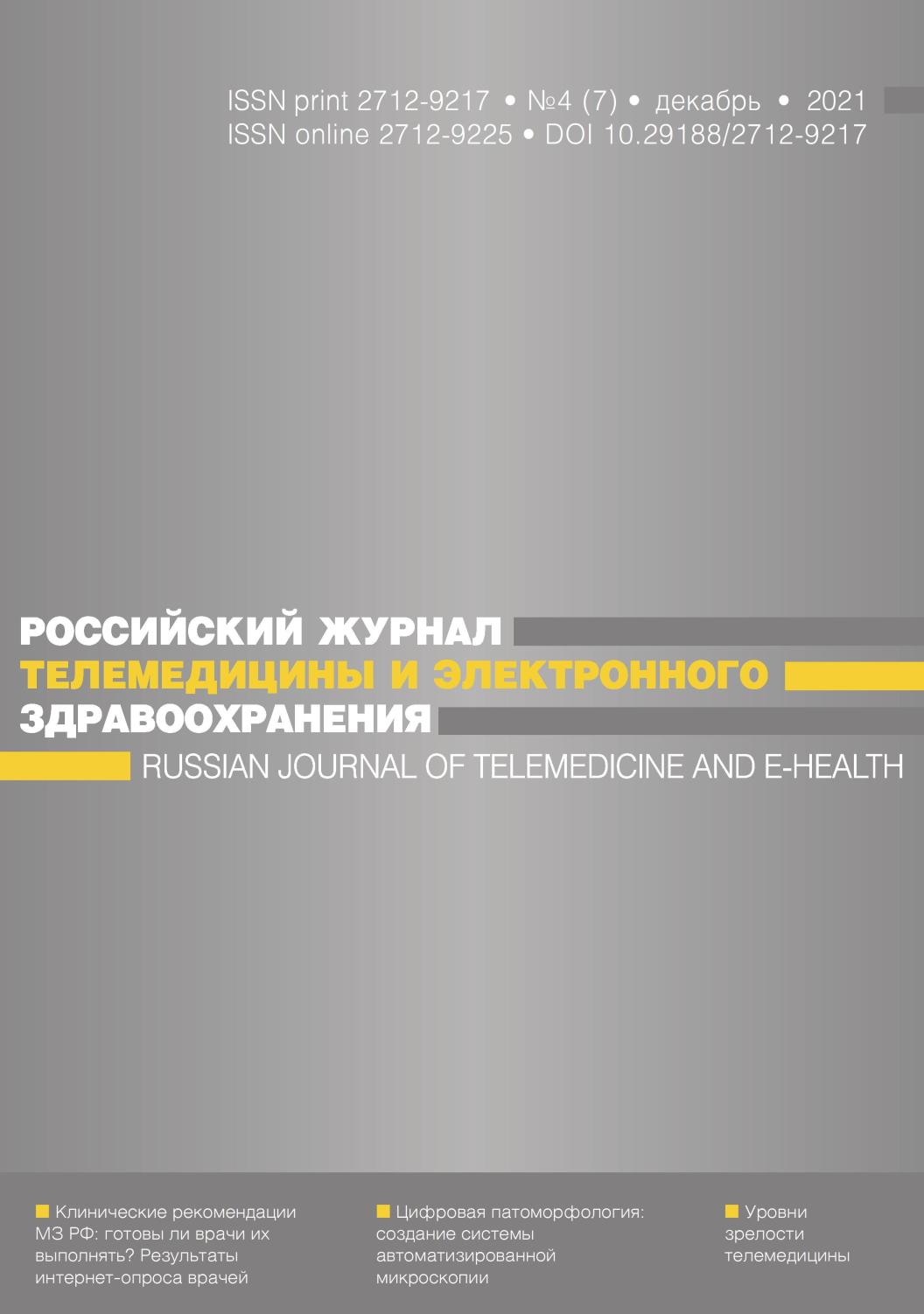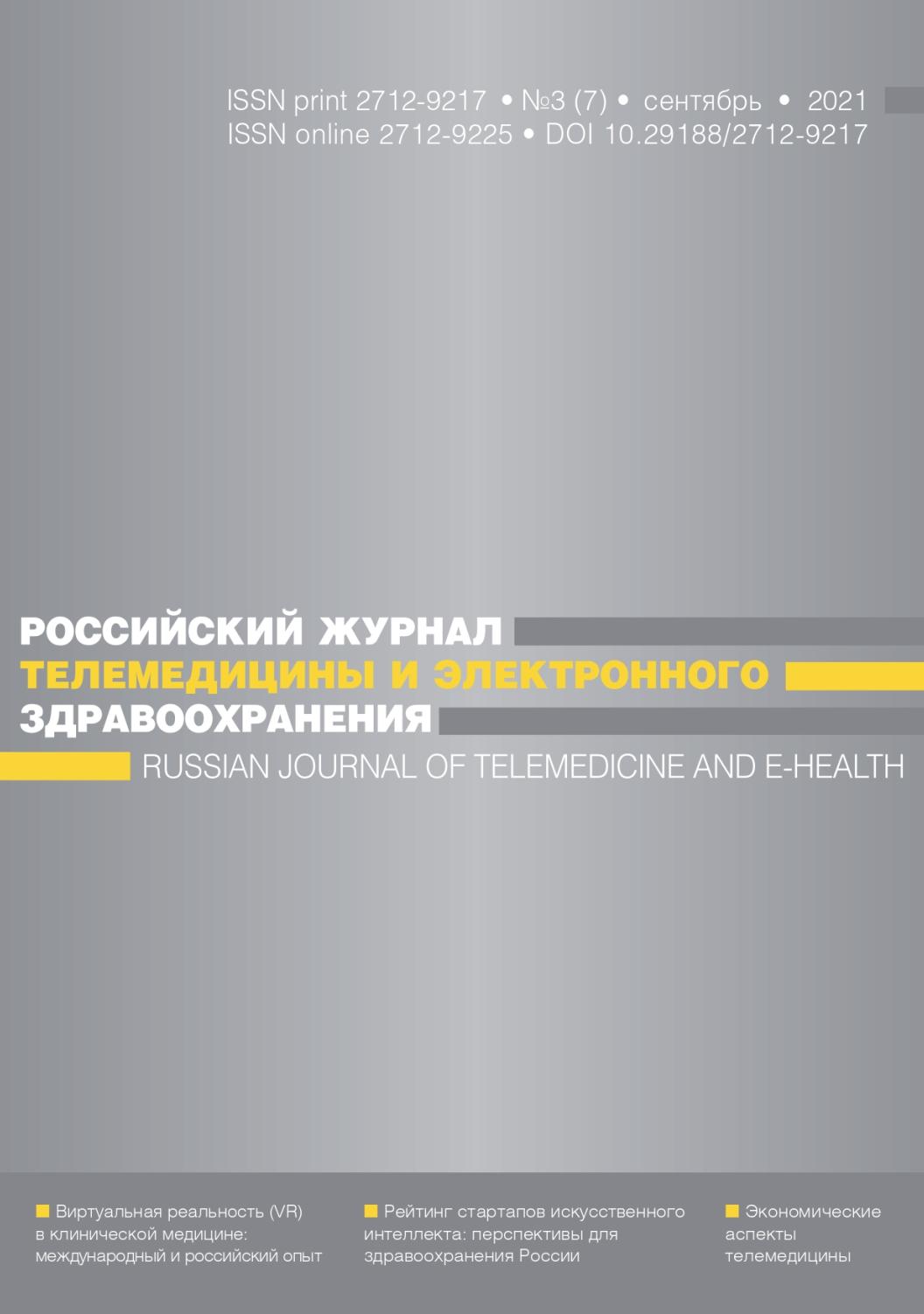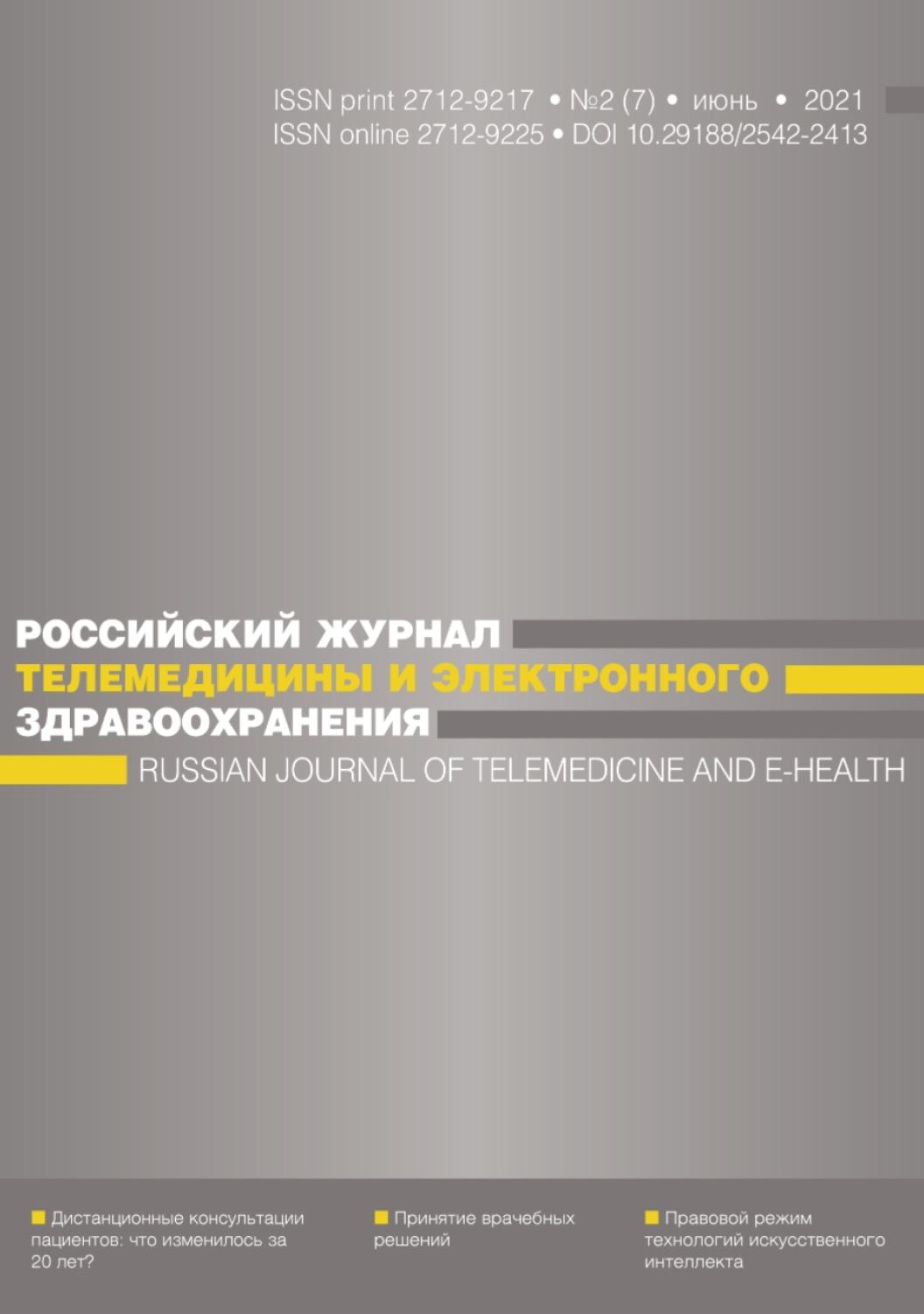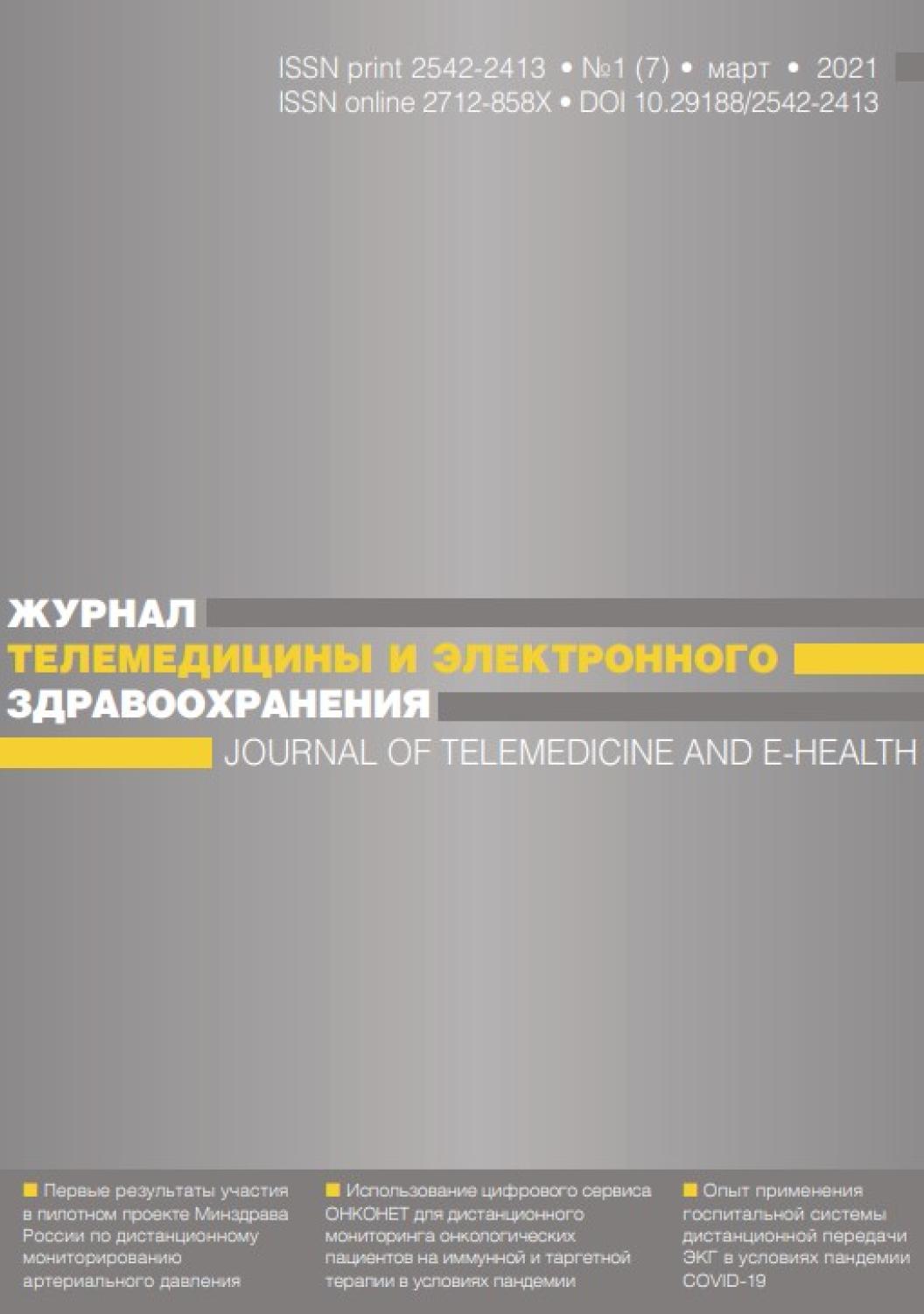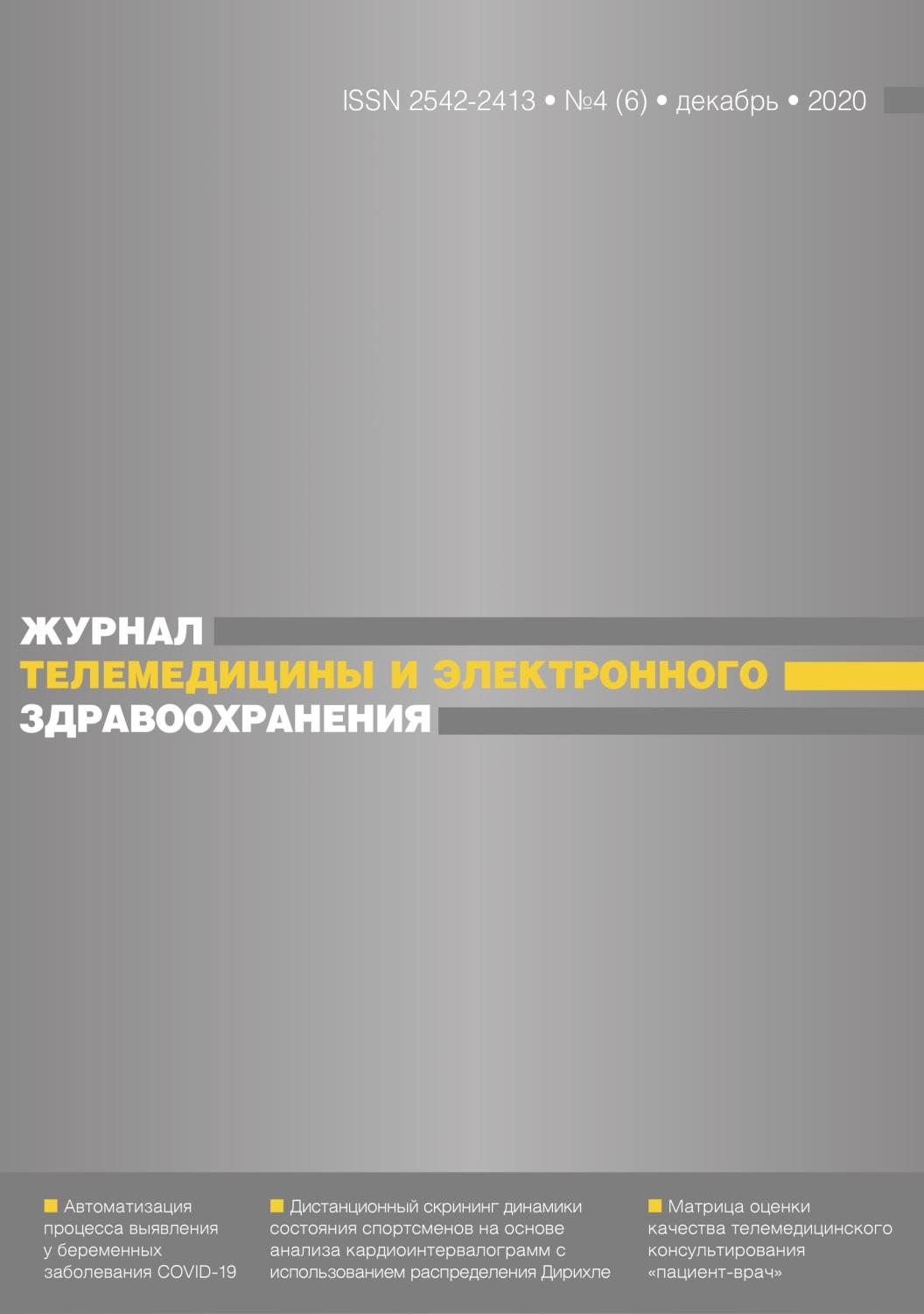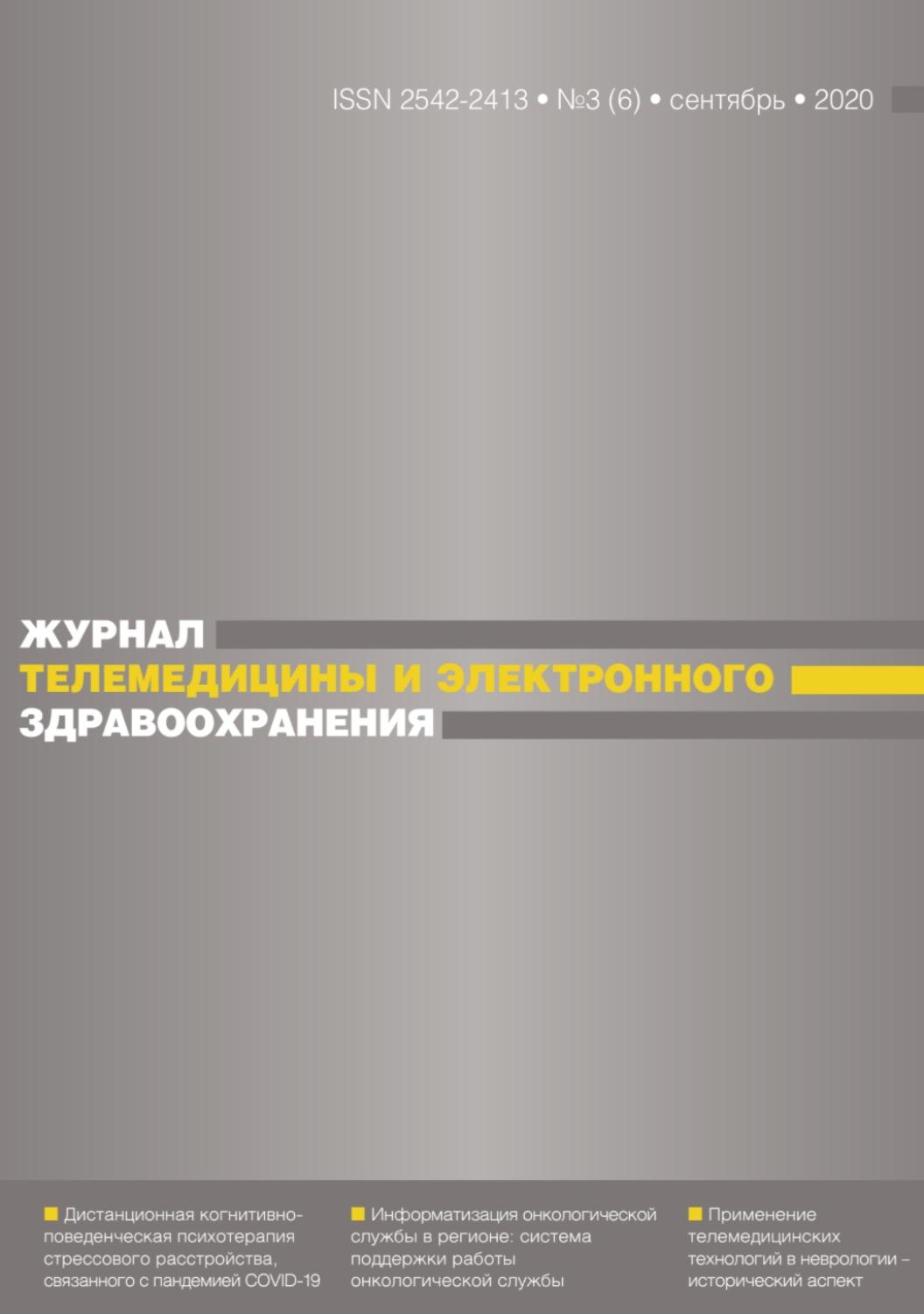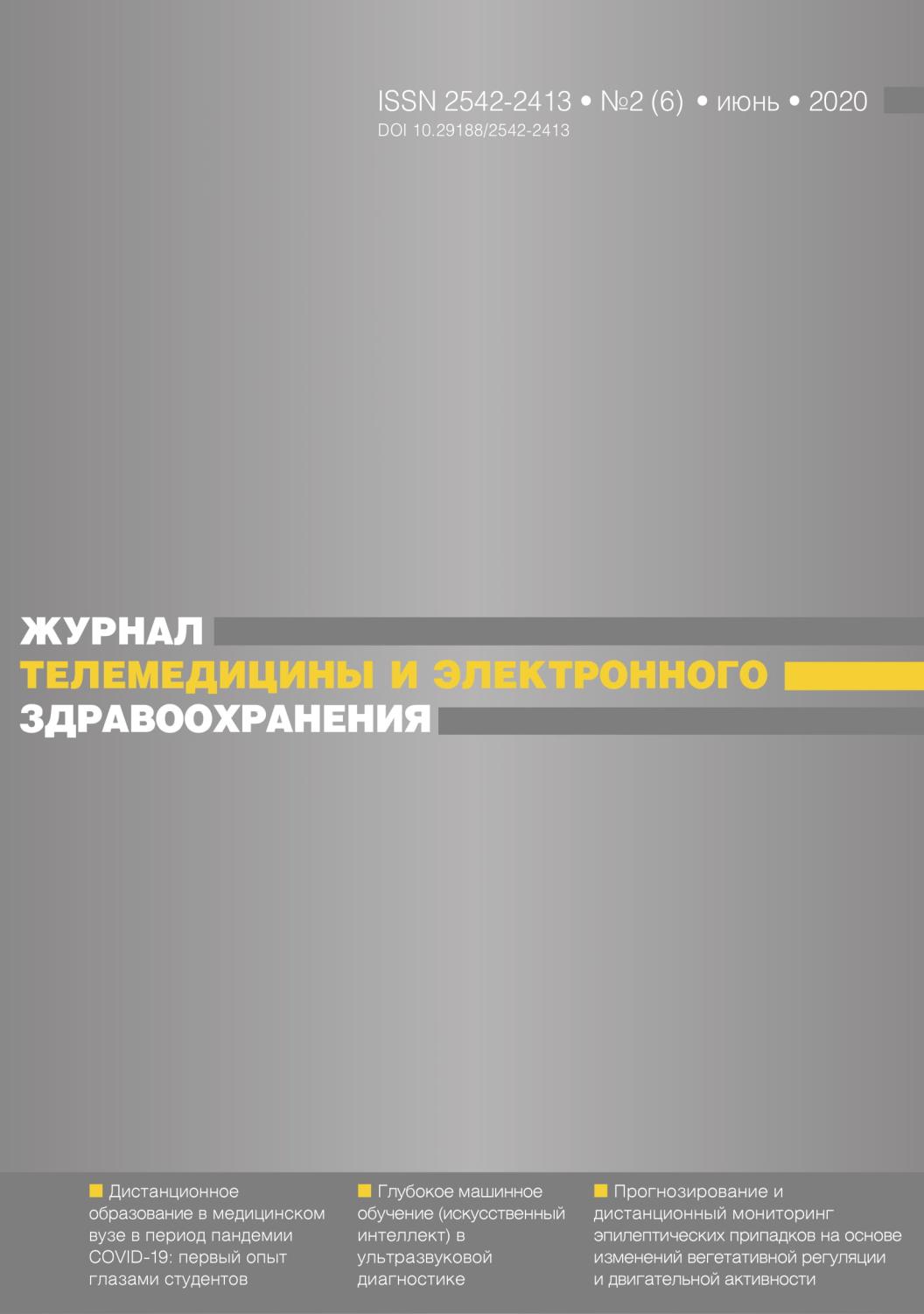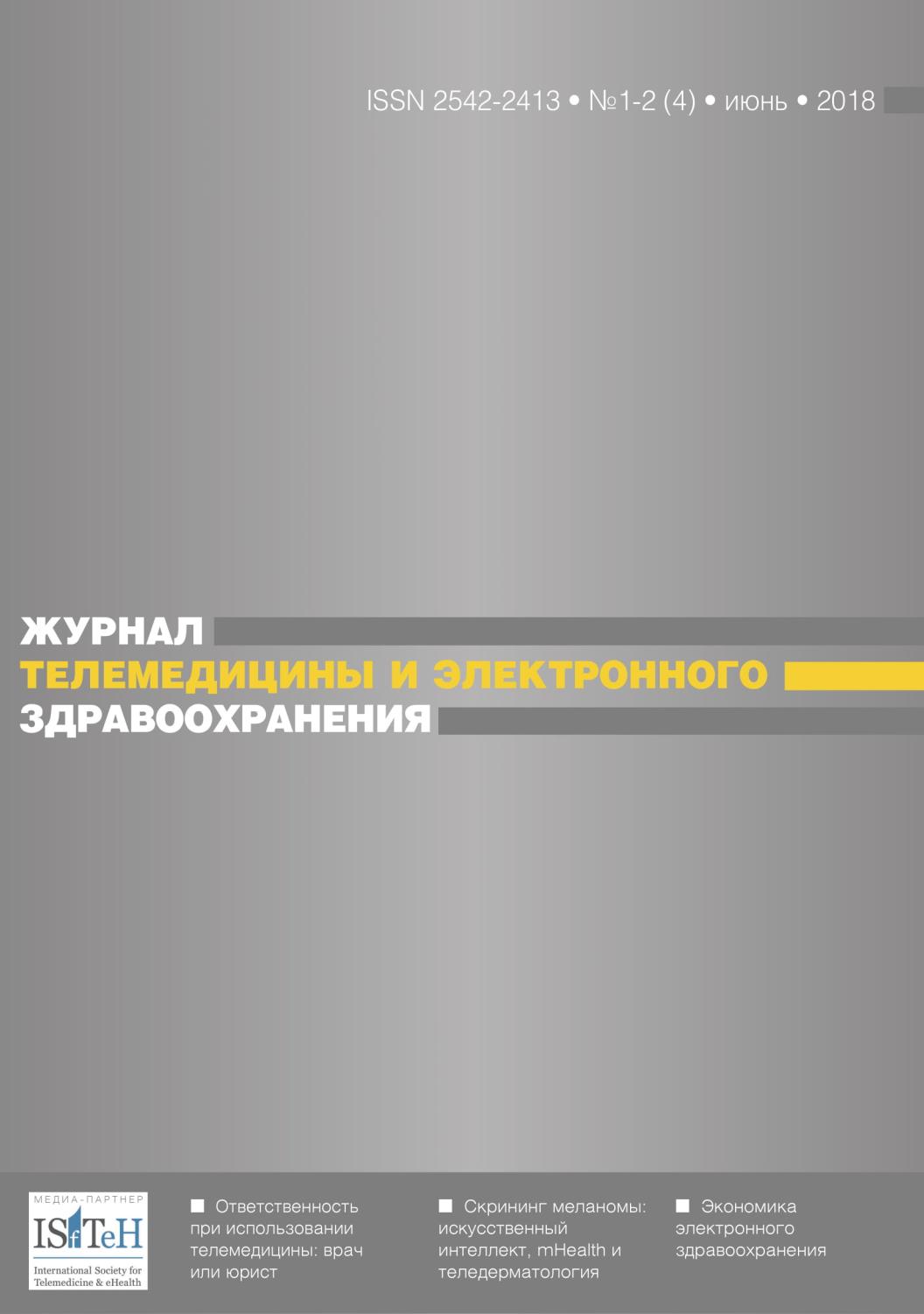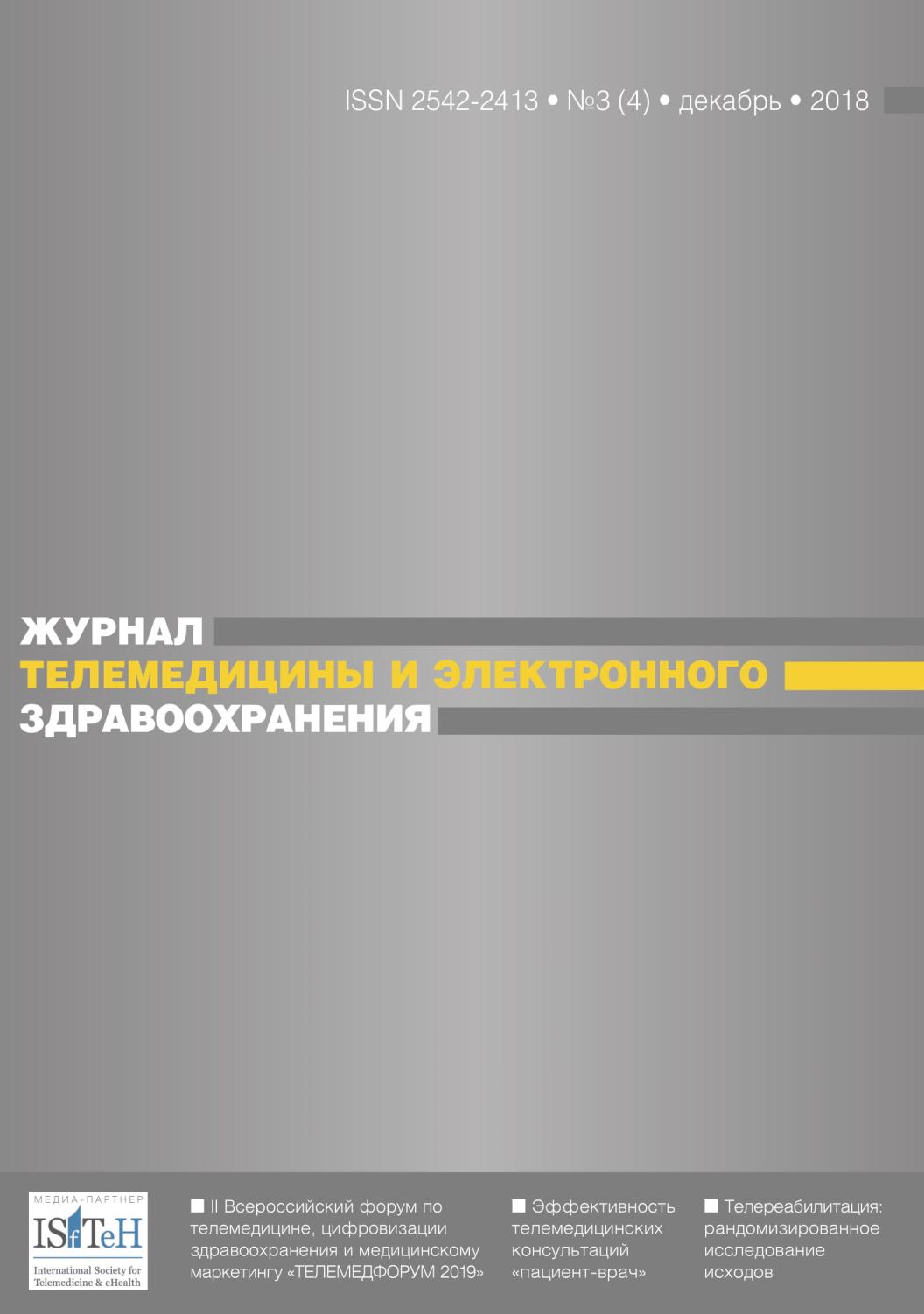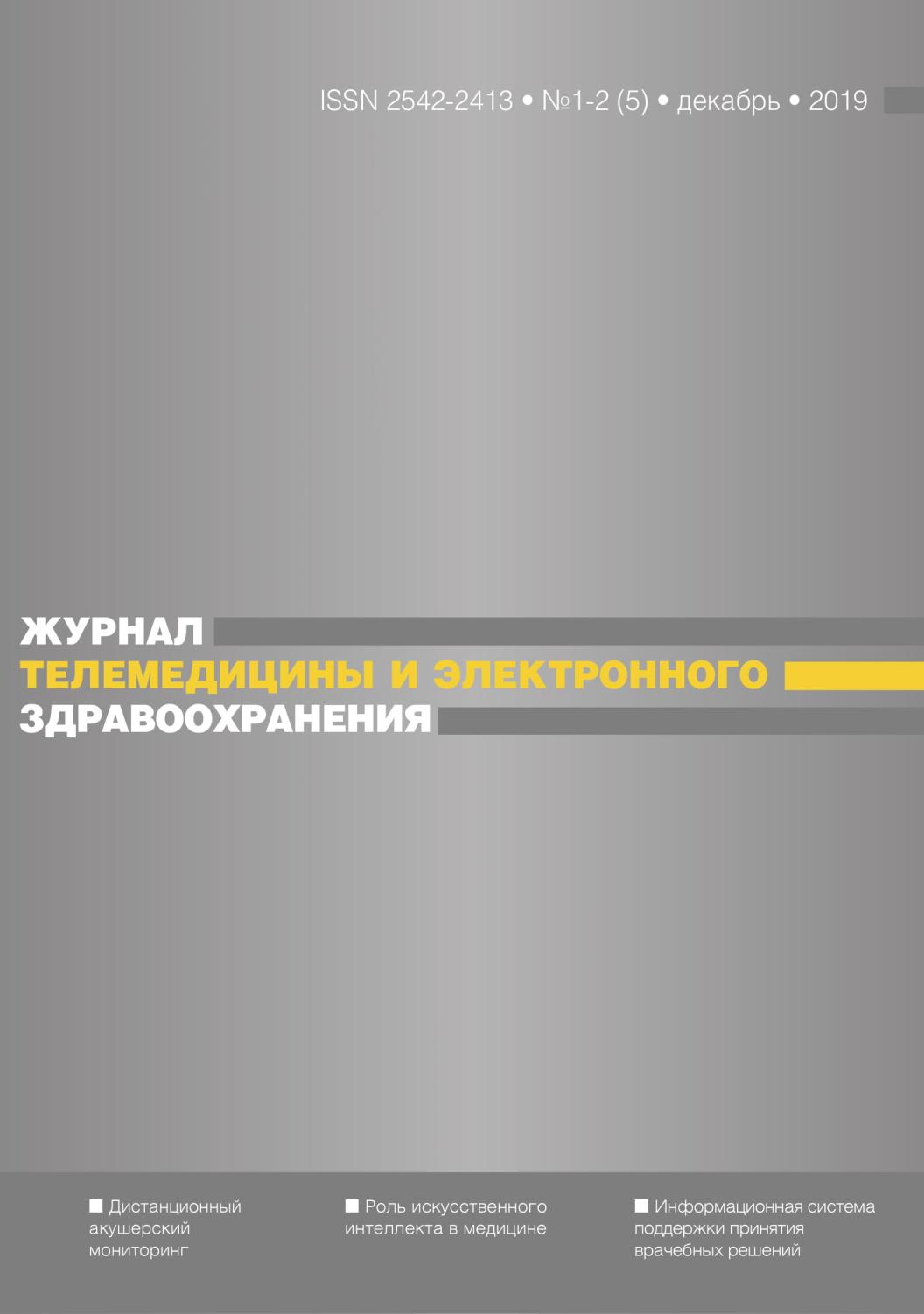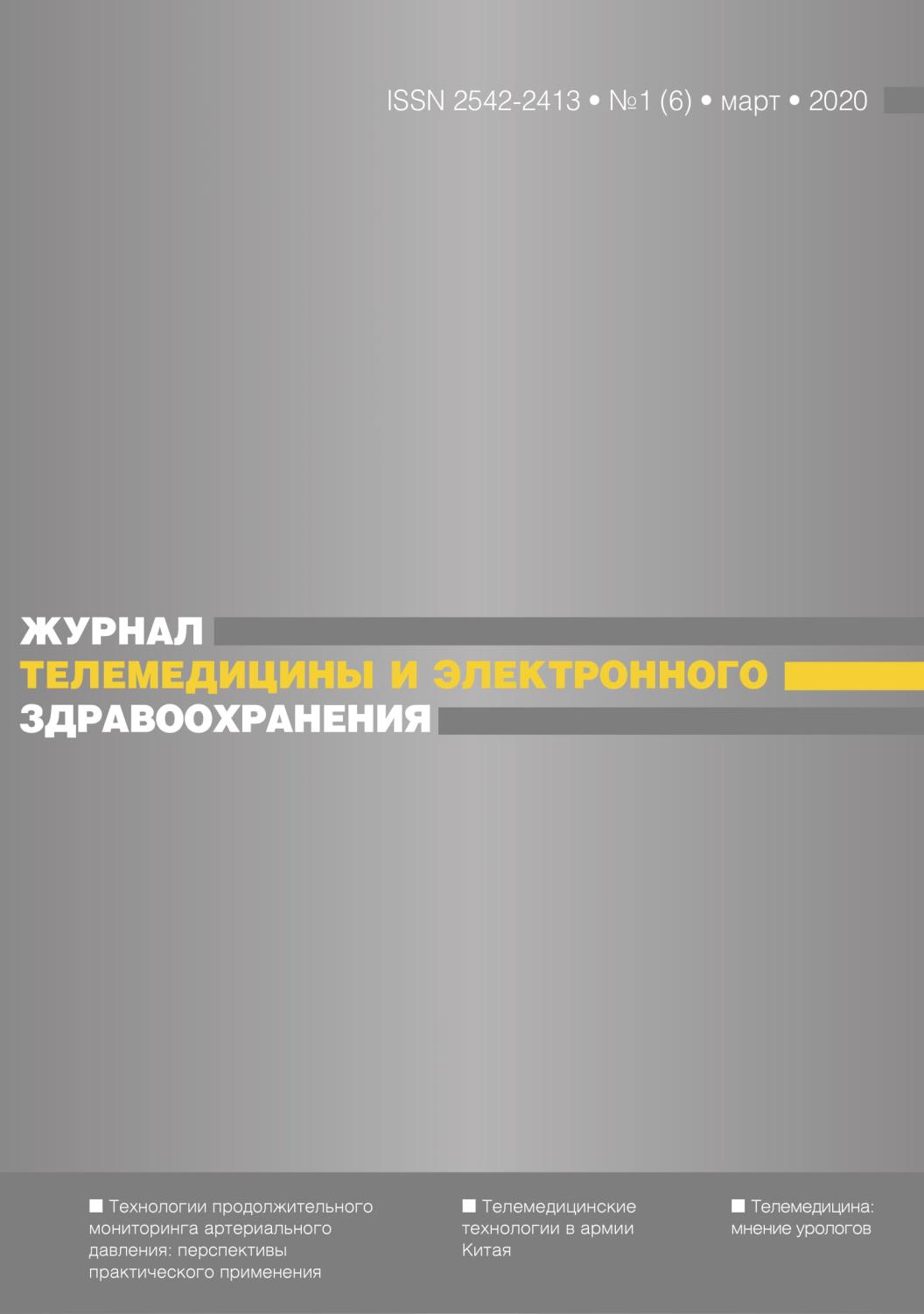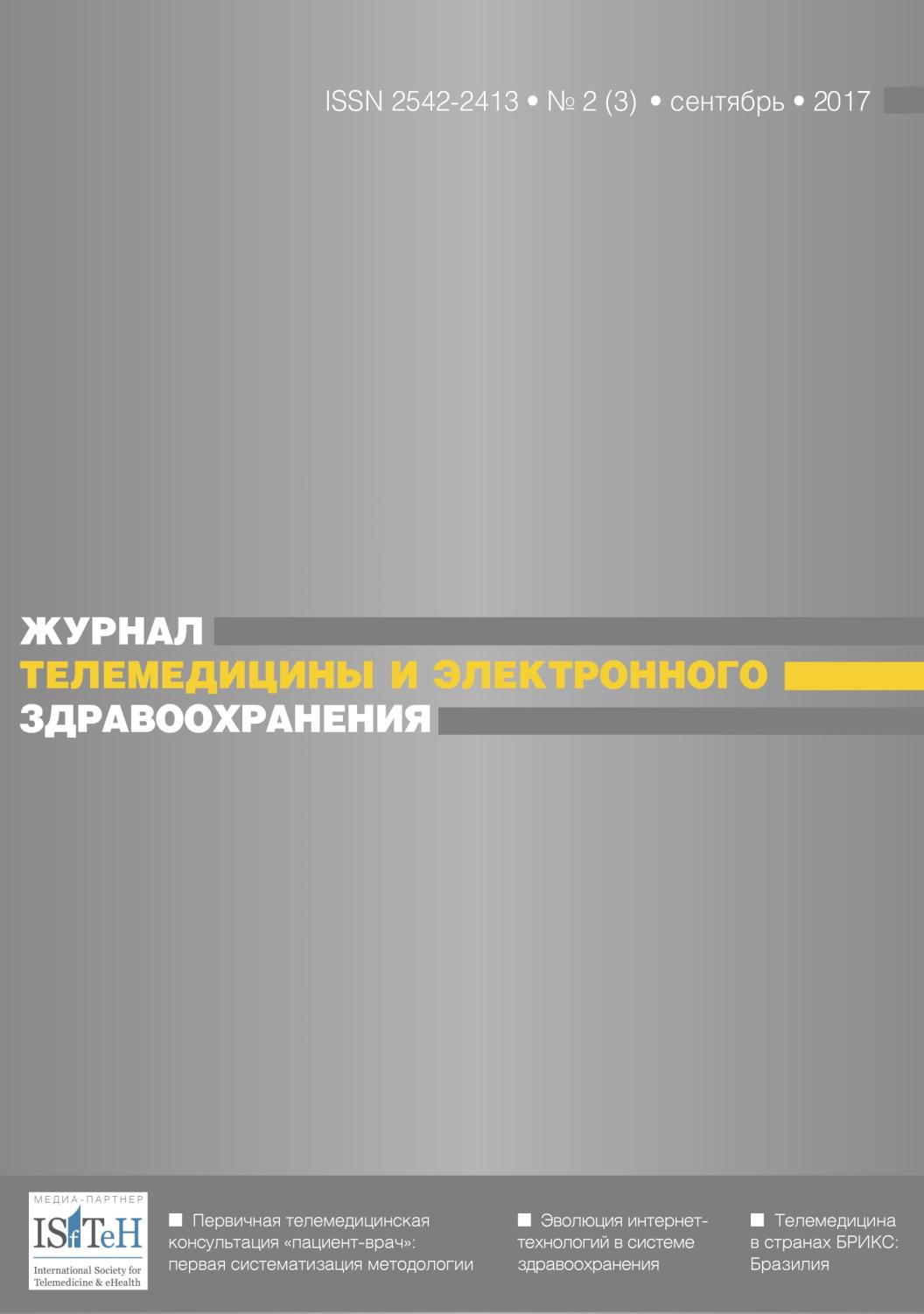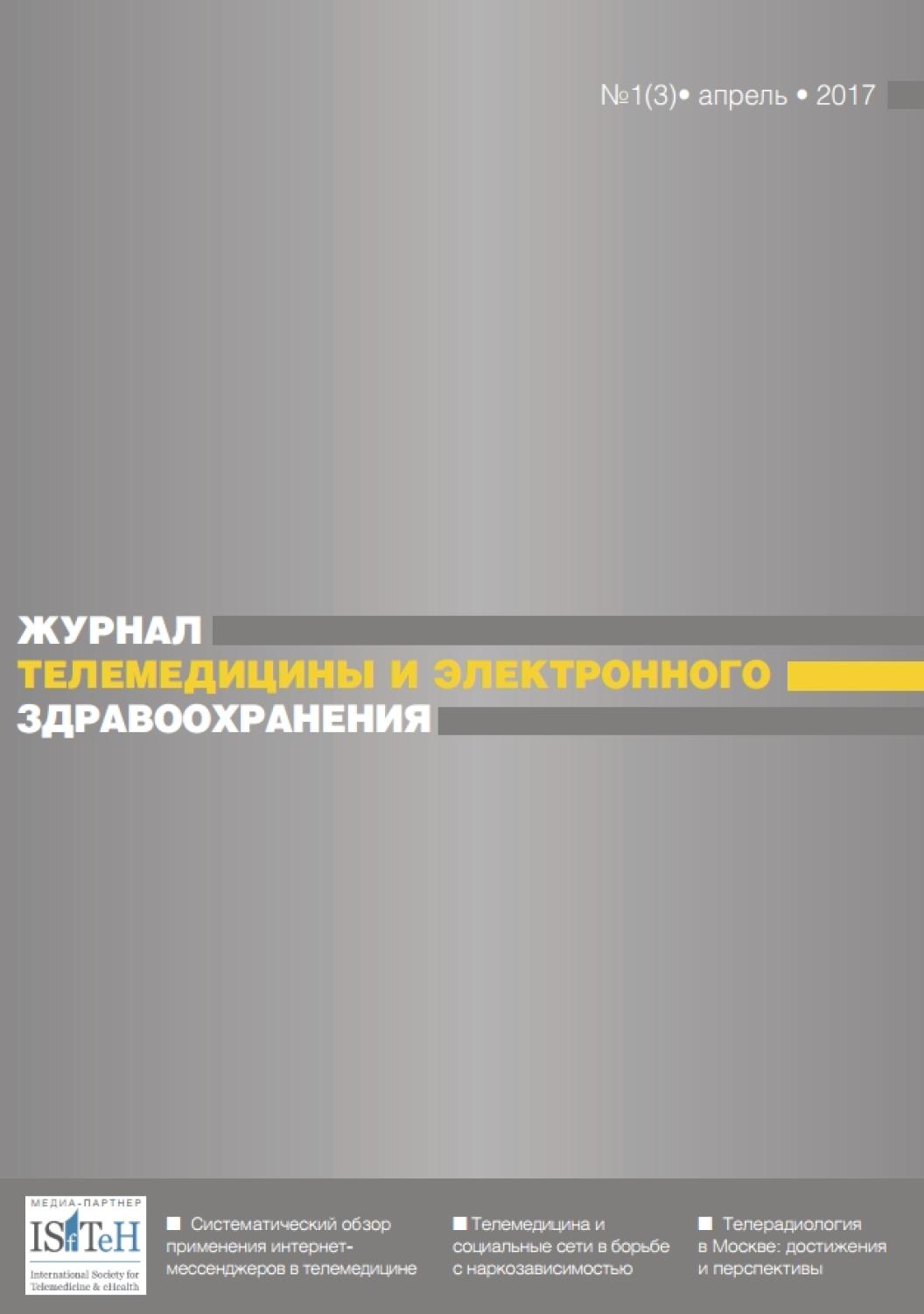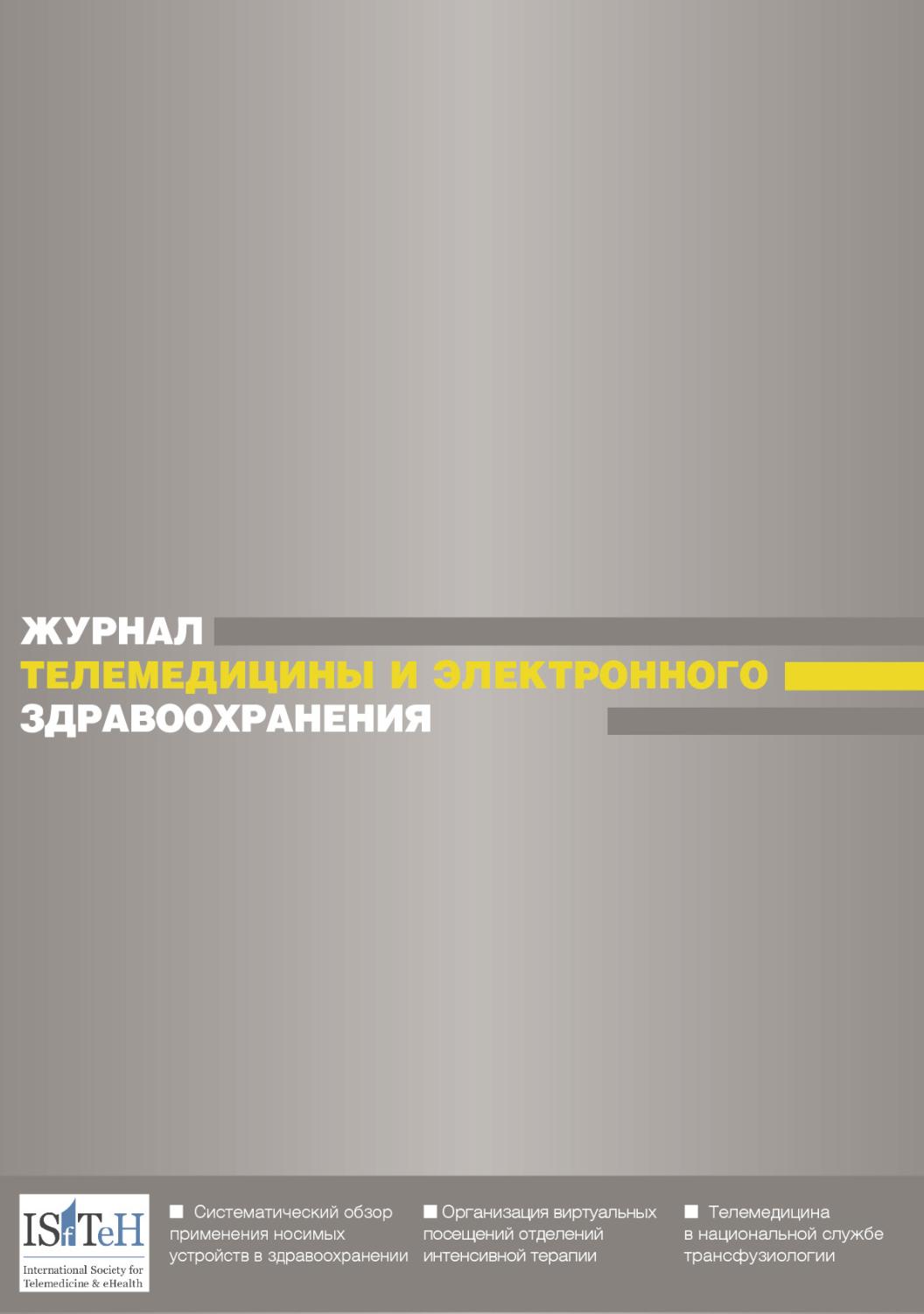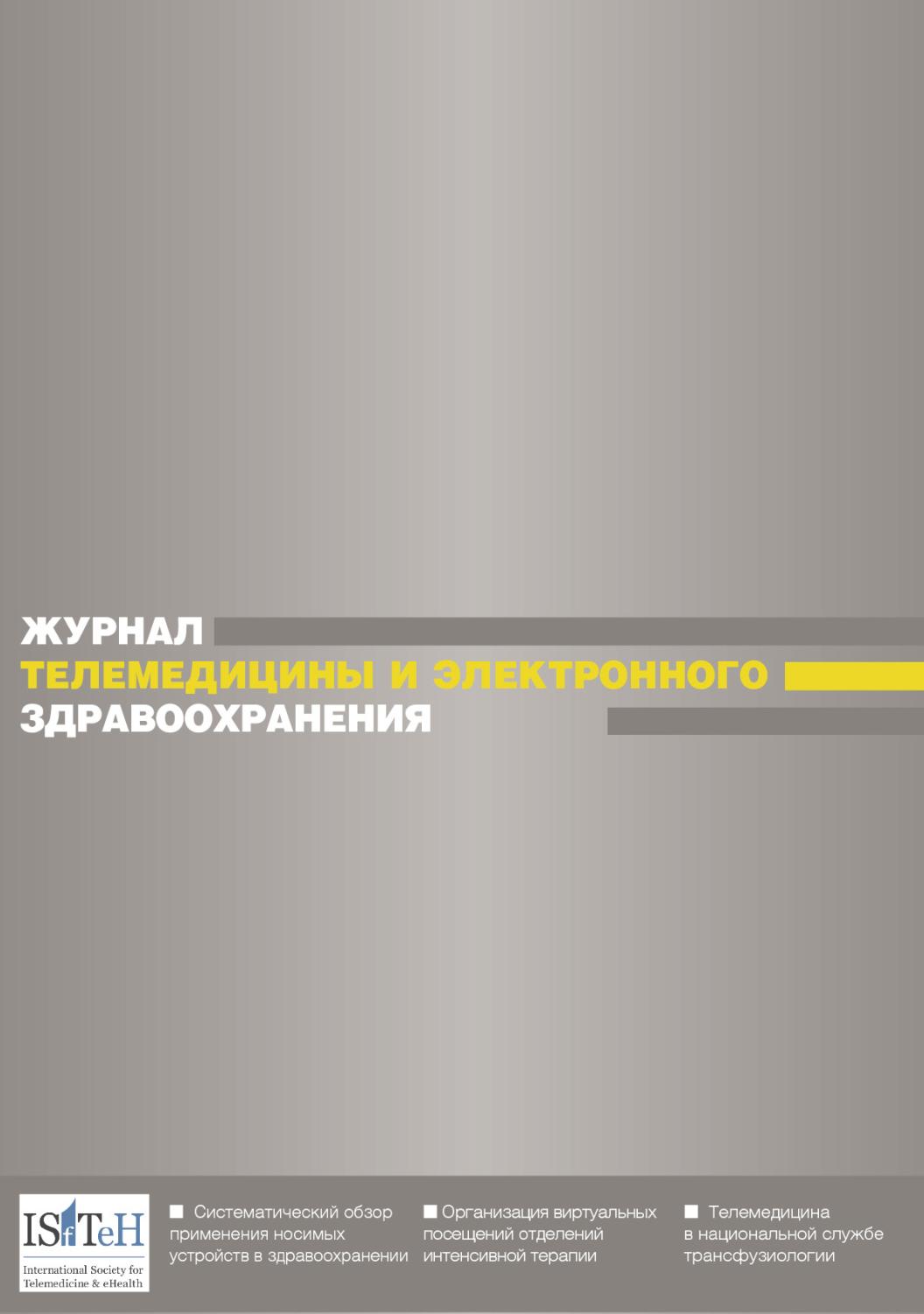The number of people using the Internet around the world is increasing, especially online social networks where interpersonal relationships previously requiring personal contact can now occur in the virtual environment. The number of users of psychoactive drugs is also increasing, in particular alcohol and crack. In Brazil, users of psychoactive drugs can receive free healthcare services at the Psychosocial Care Centers for Alcohol and Drugs (CAPS-ad) [Centros de AtenK<o Psicossocial 3lcool e Drogas] of Brazil's Unified Health System (SUS) [Sistema rnico de Sabde]. However, many psychoactive drug users do not know about this institution and the types of treatment it offers. The objectives of this study were: to create a page called "Getting Free from Drugs" (FLD) [Ficar Livre das Drogas] on an online social network where users of psychoactive drugs can sign up for treatment, and to evaluate the efficiency of drug users signing up via online social networks. This is a qualitative and descriptive study approved by the Research Ethics Committee, where the sample consisted of psychoactive drug users in the city of Rio de Janeiro, having Internet access, and voluntarily seeking help by accessing the FLD page. The setting for the study was a group created on Face-book. Data was collected via an online form on the page. From July to September 2015, there were 25 visits to the page, of which 16 visited the CAPS-ad to initiate treatment after receiving information on this page. The most visits 13 occurred in the evening and in August 2015. Of the 25 group members, 19 were females, 3 males and 3 not reporting. Three types of drugs were predominant: alcohol, tobacco and unspecified, with the highest incidence being exclusive alcohol use. Four subjects had used a previous treatment to the CAPS-ad and 12 had never been treated before.
Our findings suggest that online social networks may serve as a support tool in tele-education for combating psychoactive drug abuse and can attract patients, since 64% of FLD Facebook page visitors visited the CAPS-ad and began treatment for drug dependency, helping to reduce harm and ensure the well-being of the individual
Conflict of interest. The author declare no conflict of interest


